
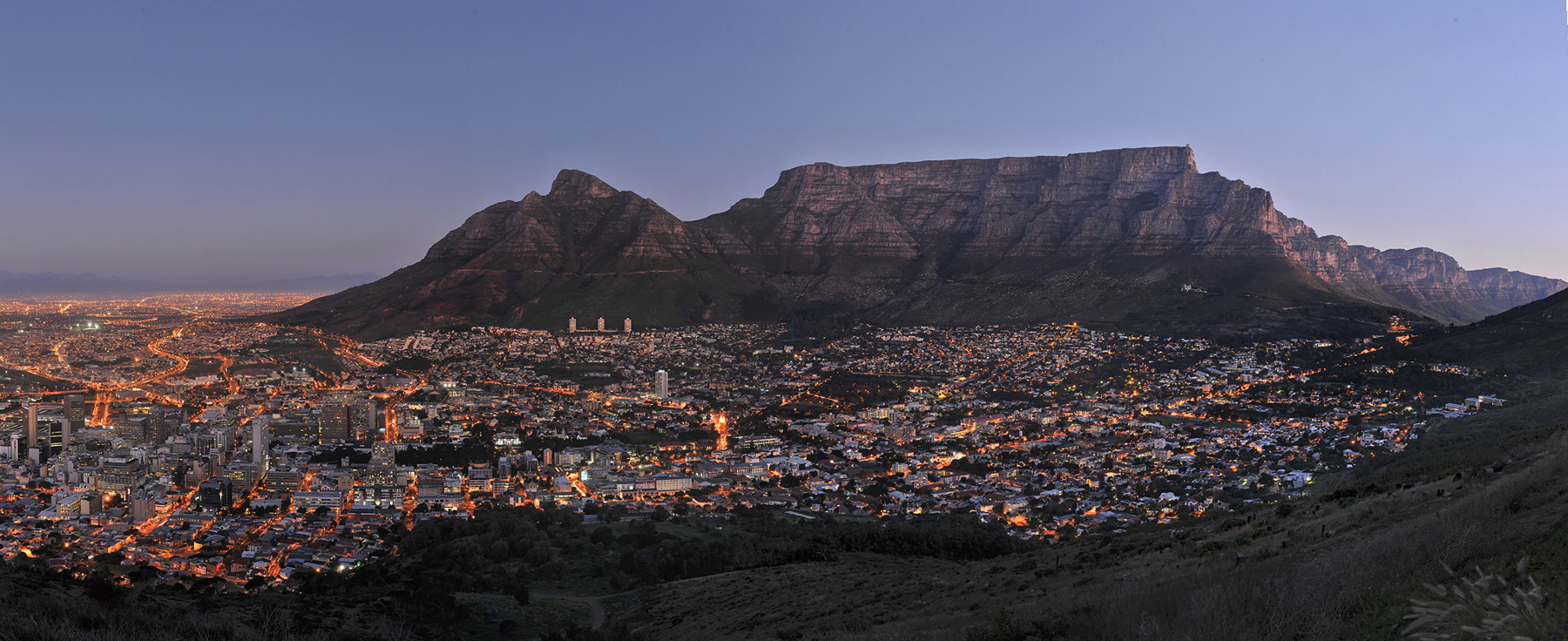
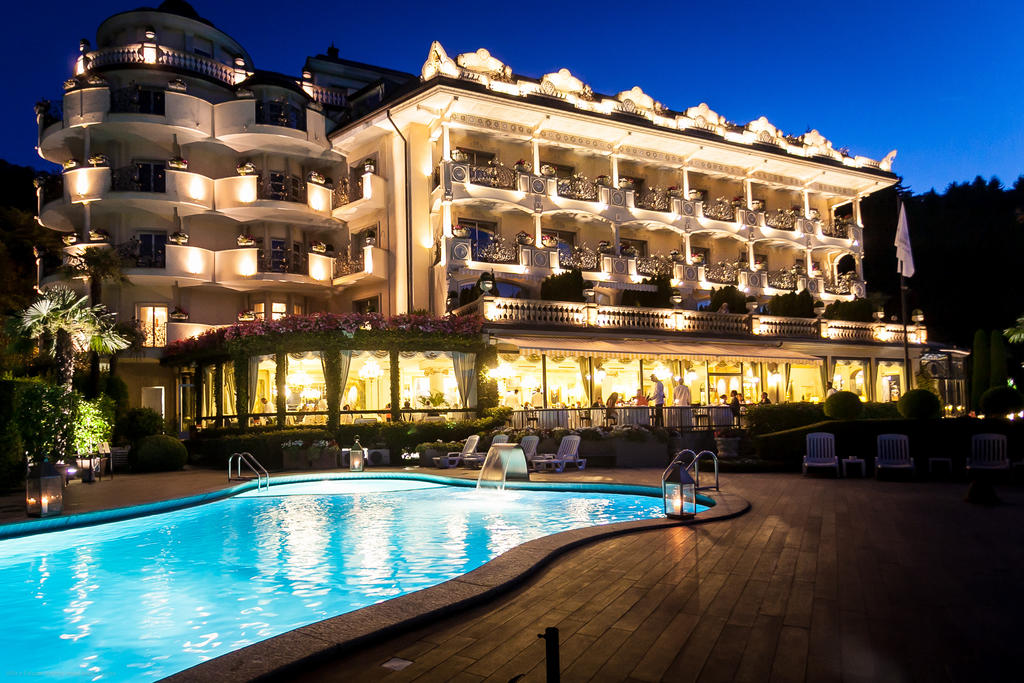
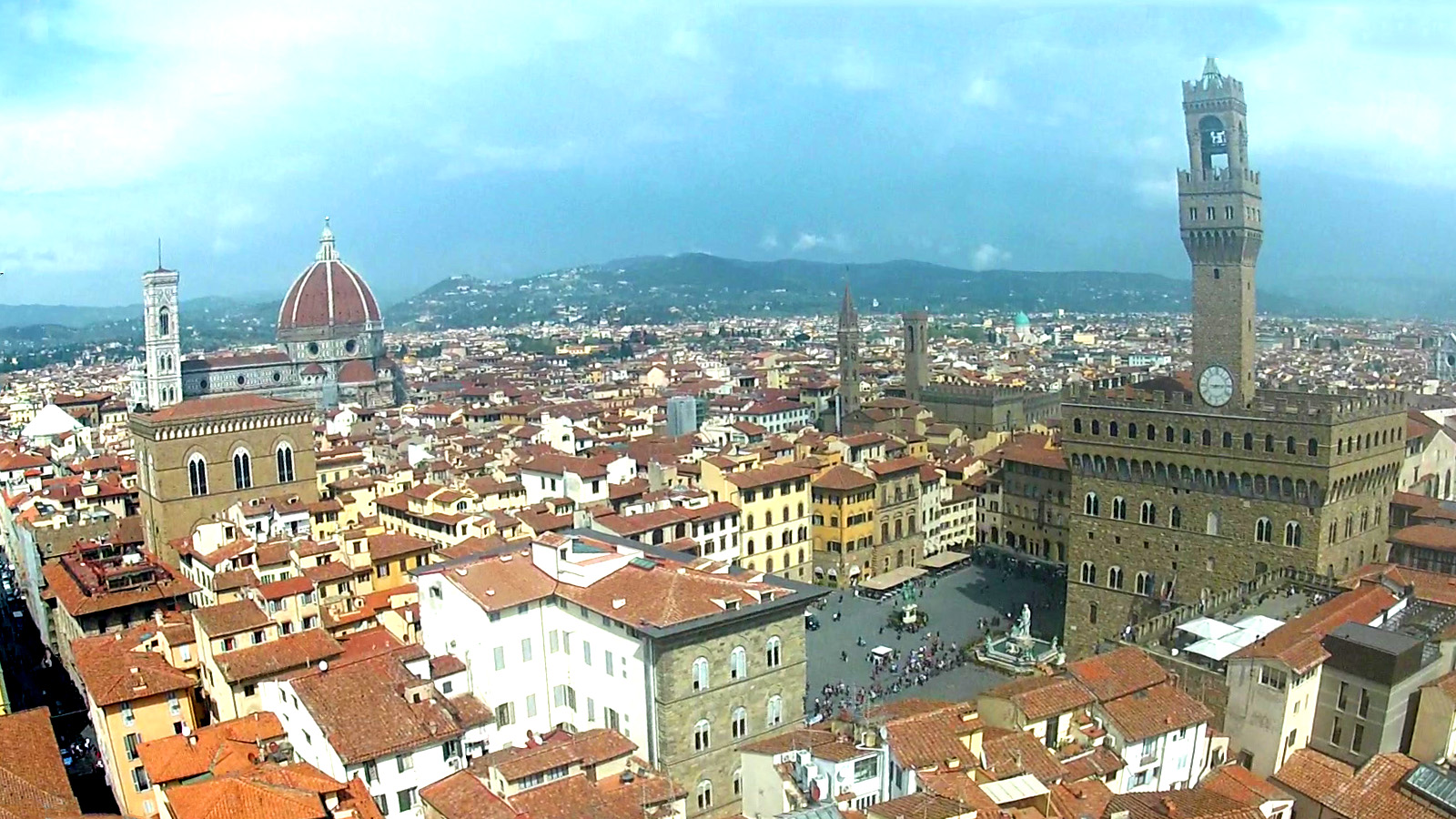

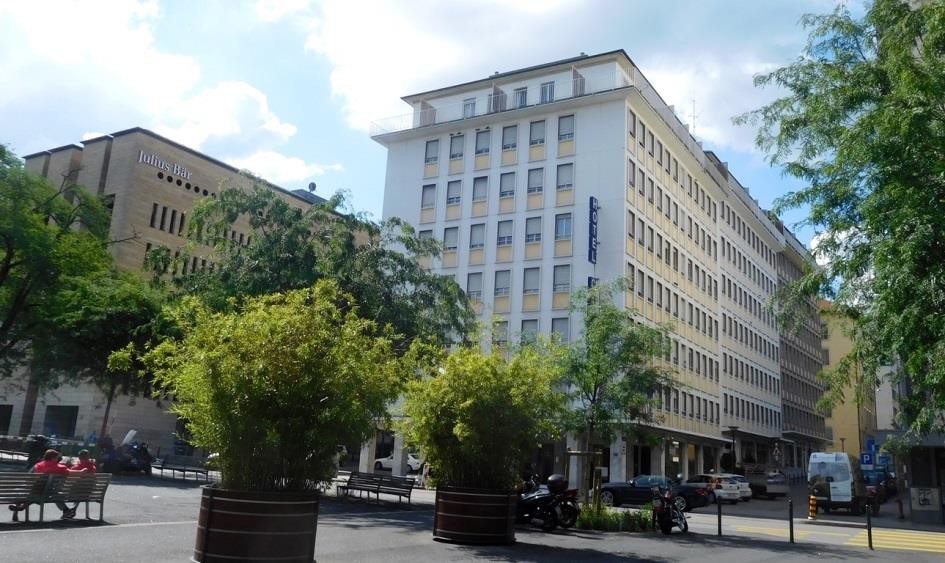
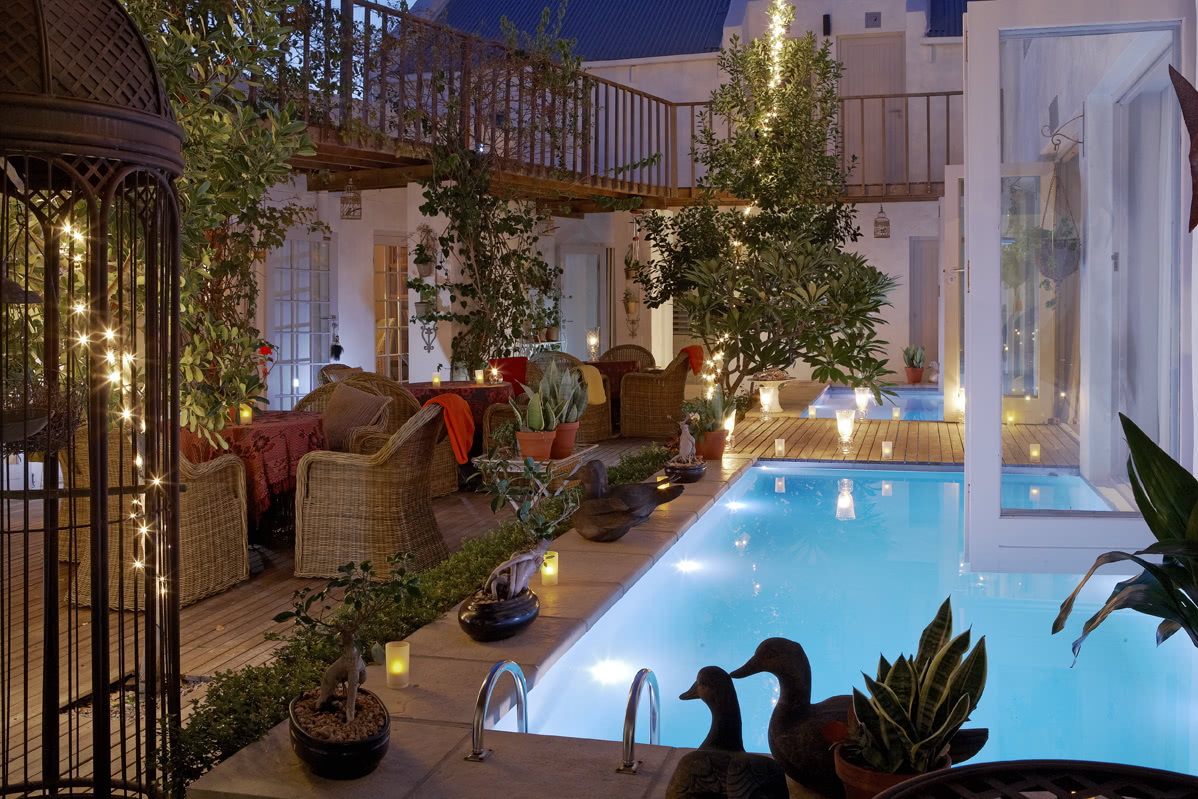
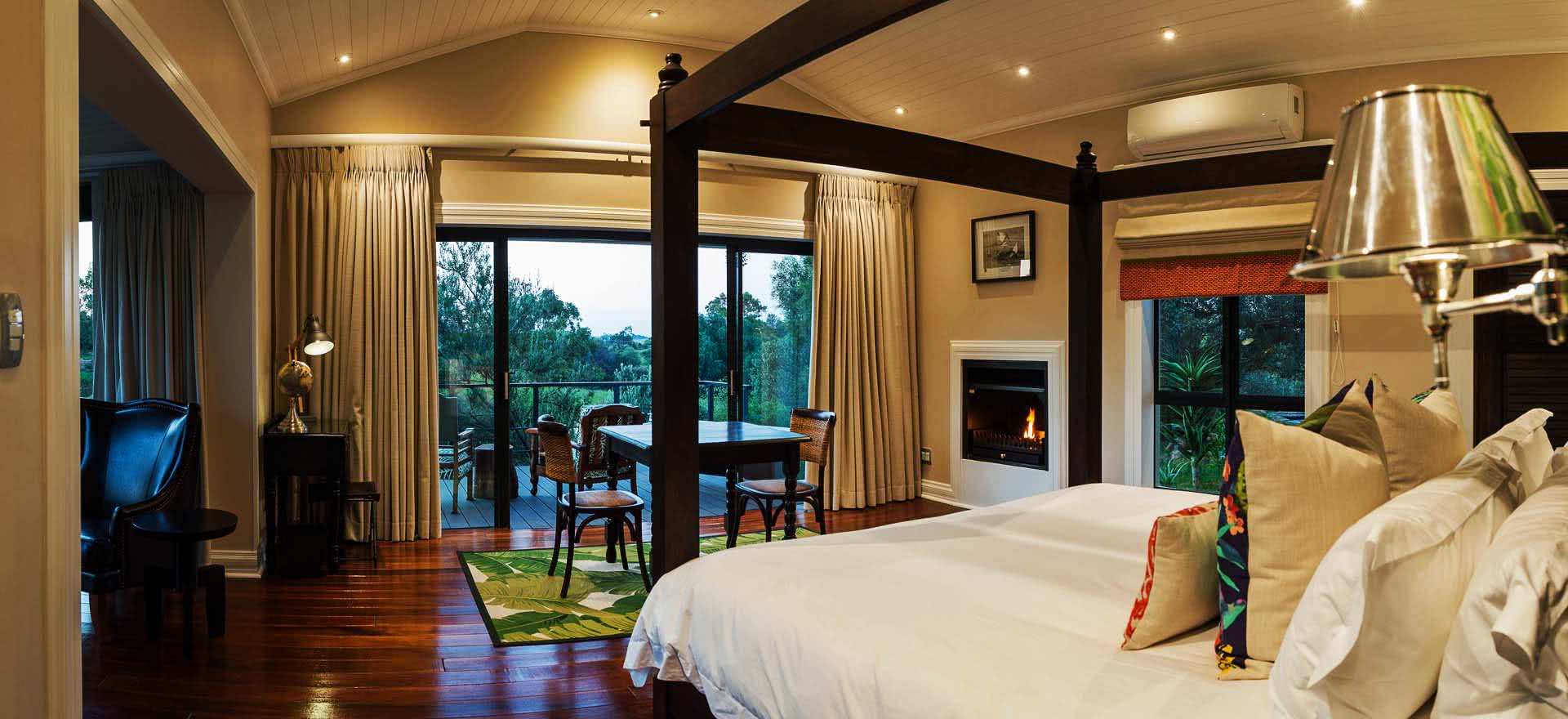
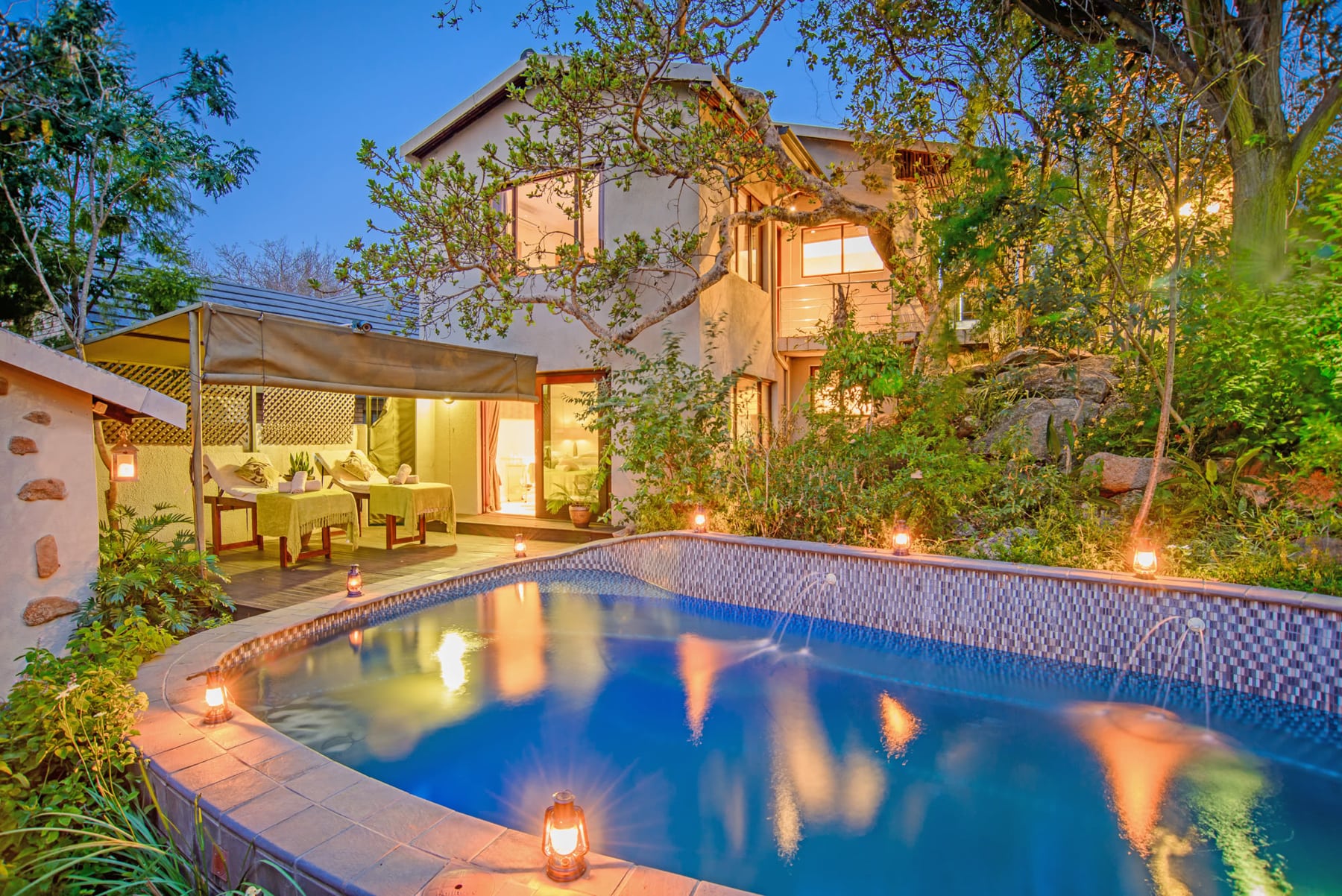

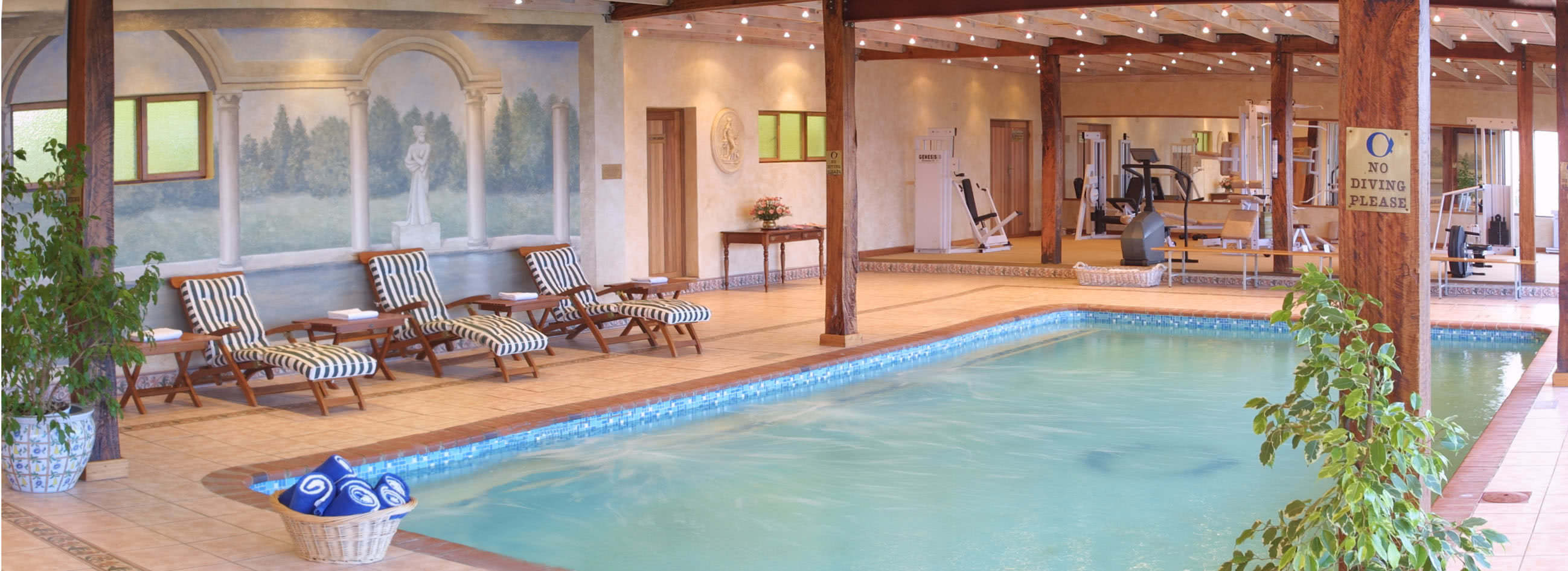
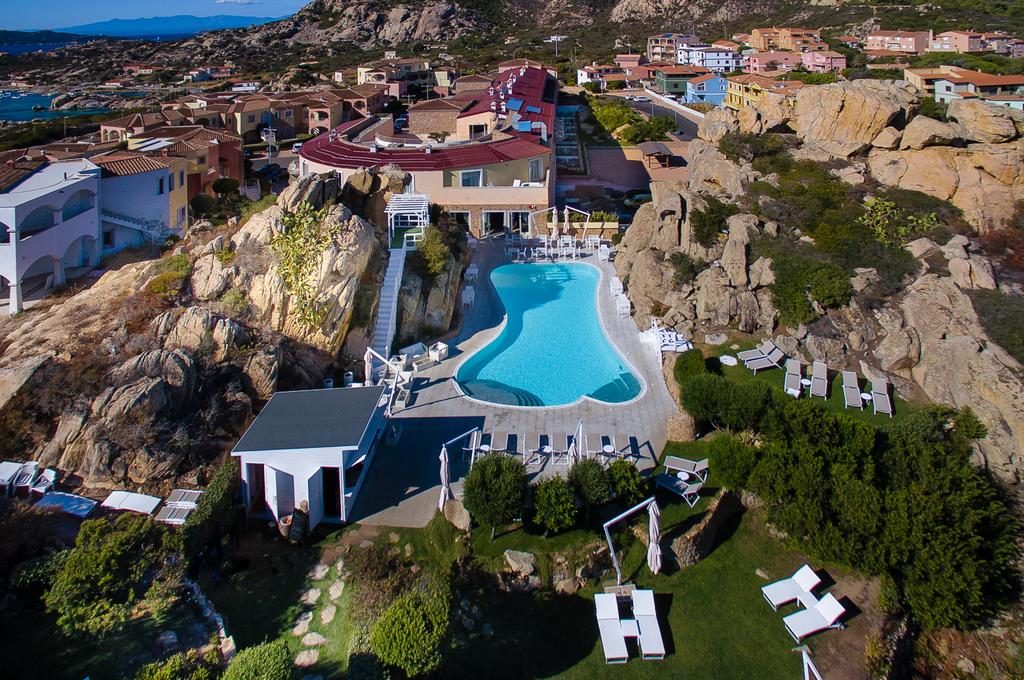
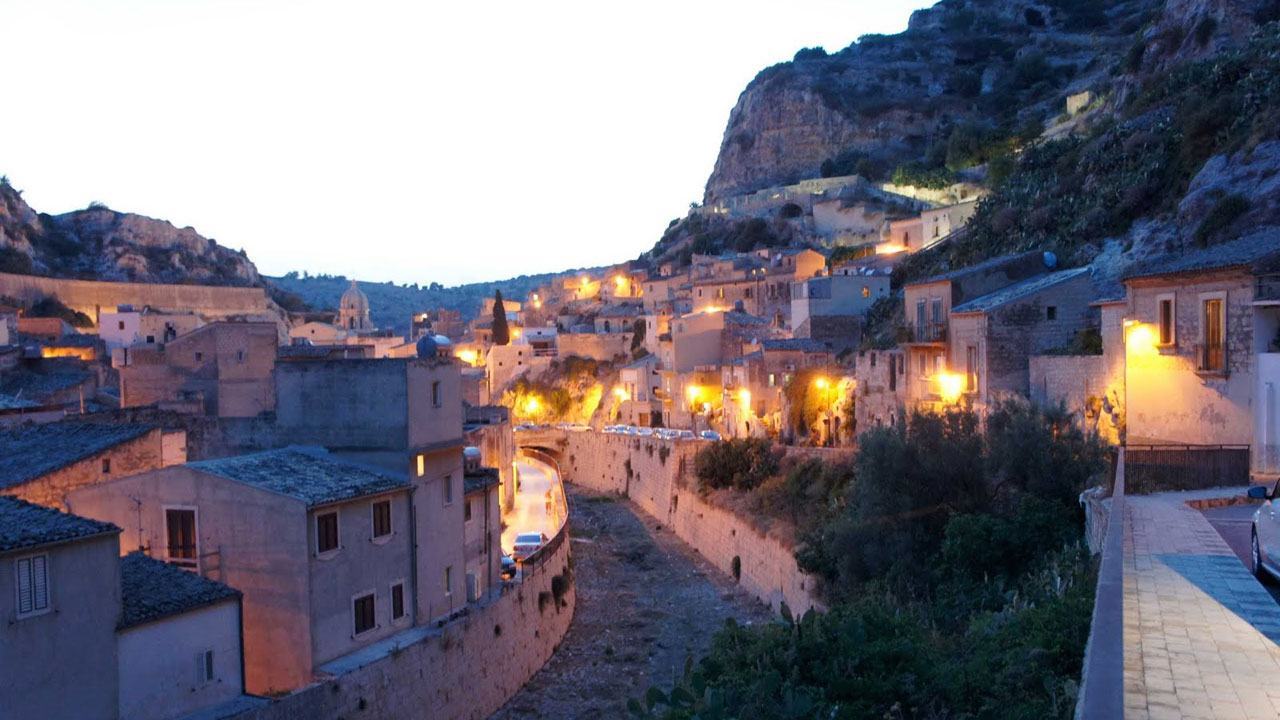
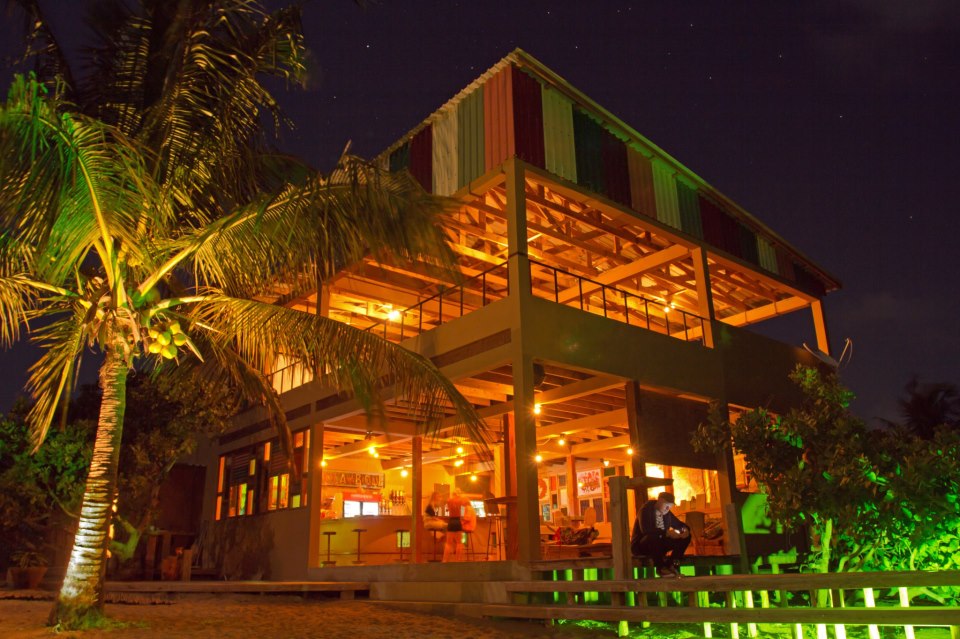
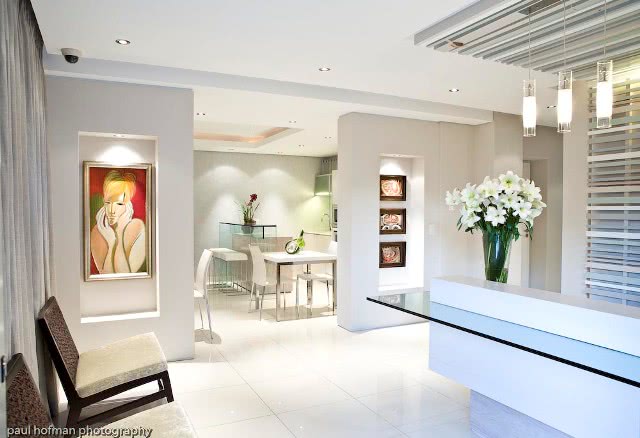
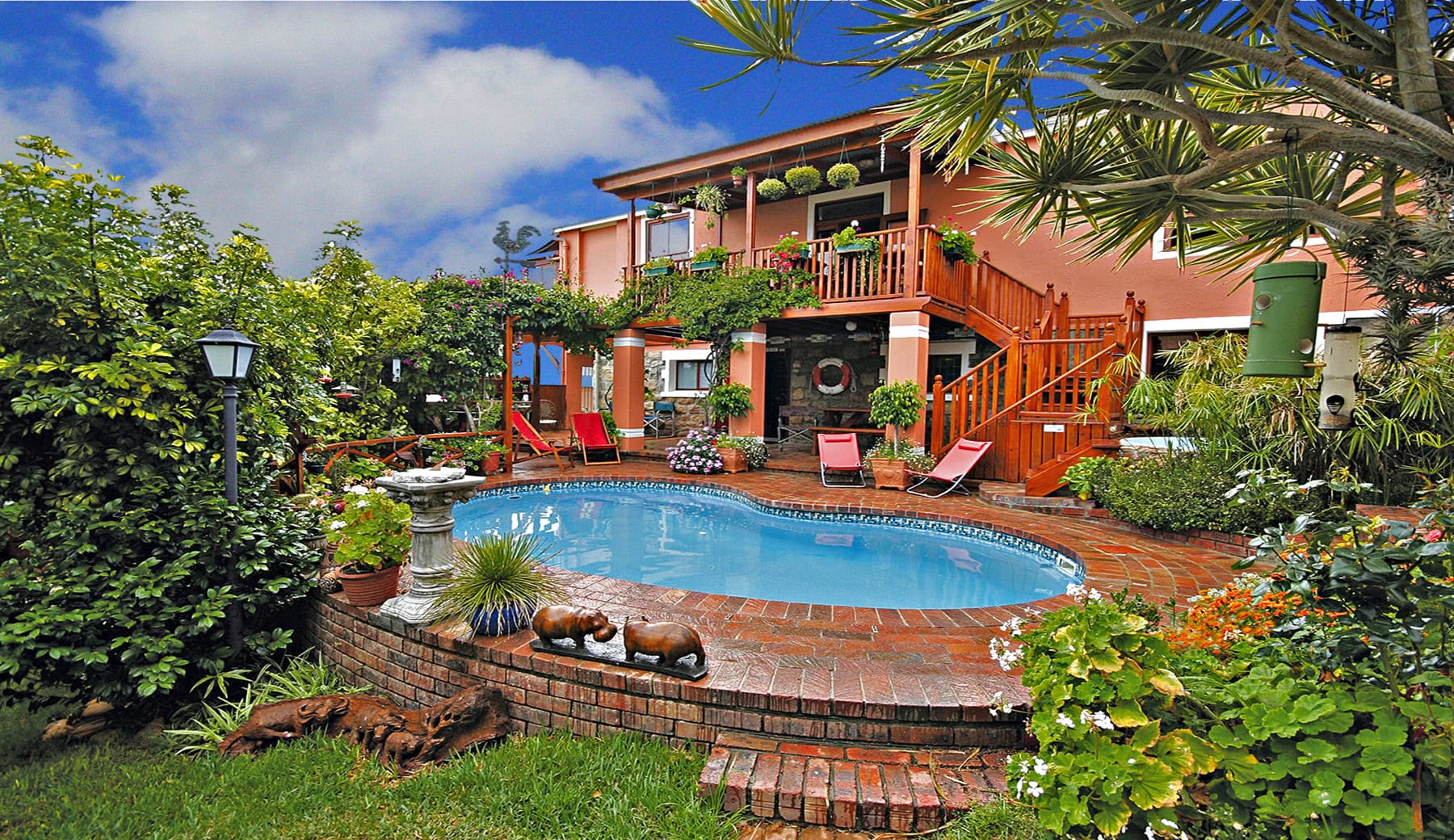
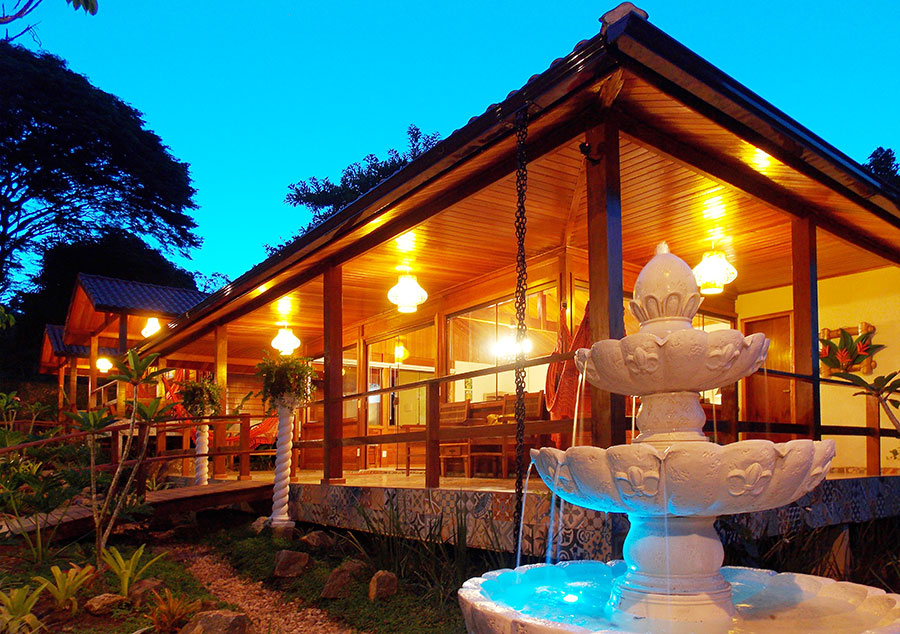
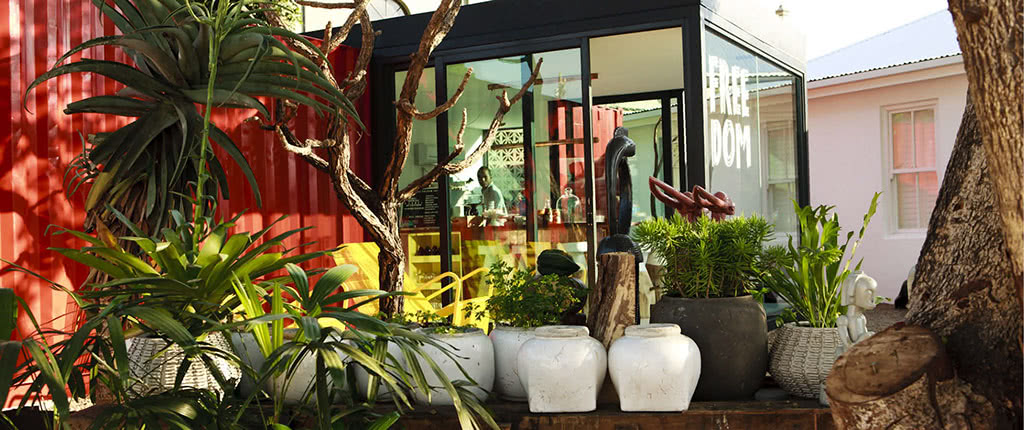
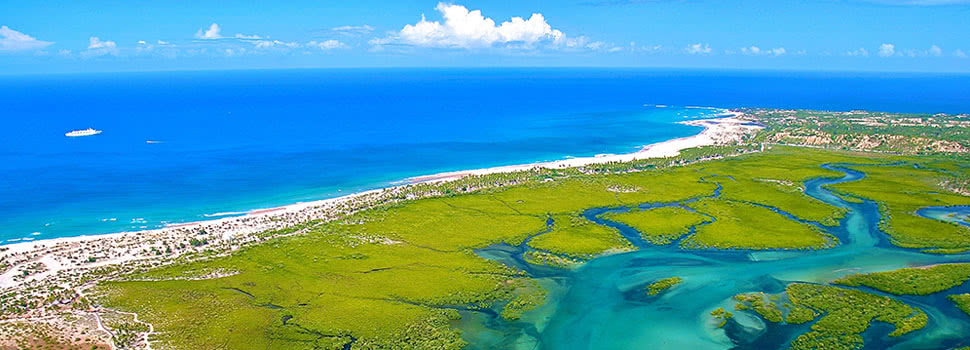
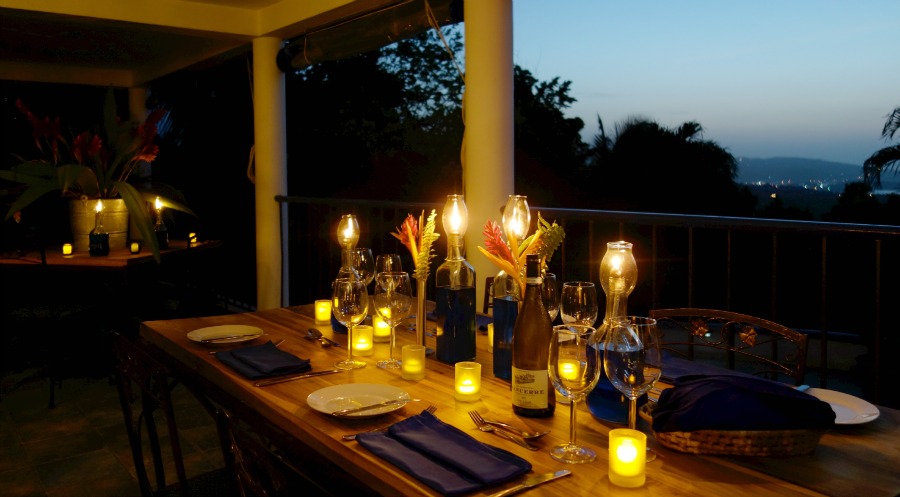
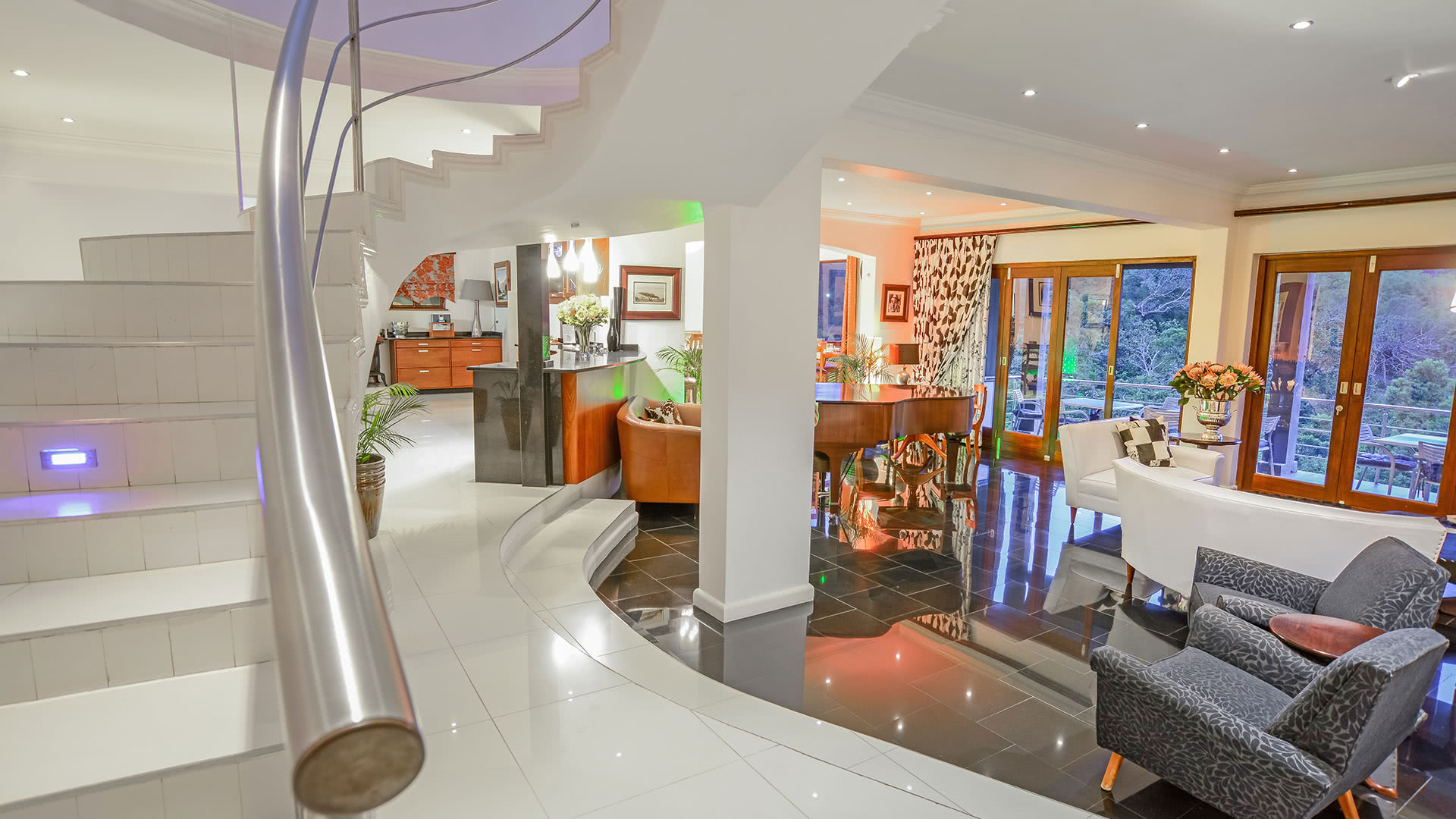
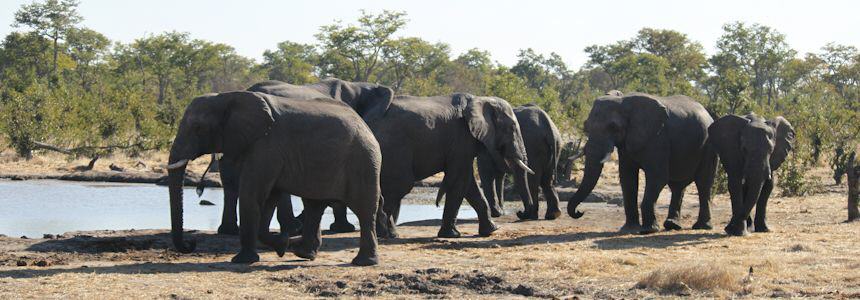
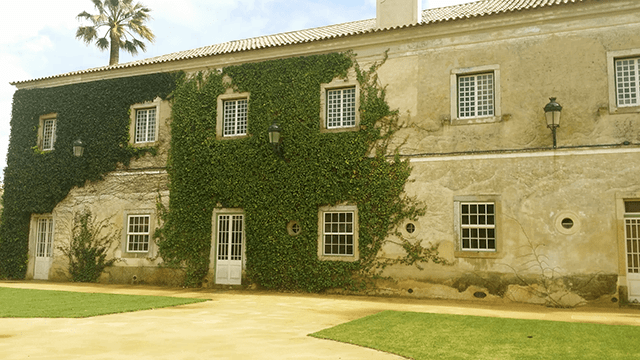
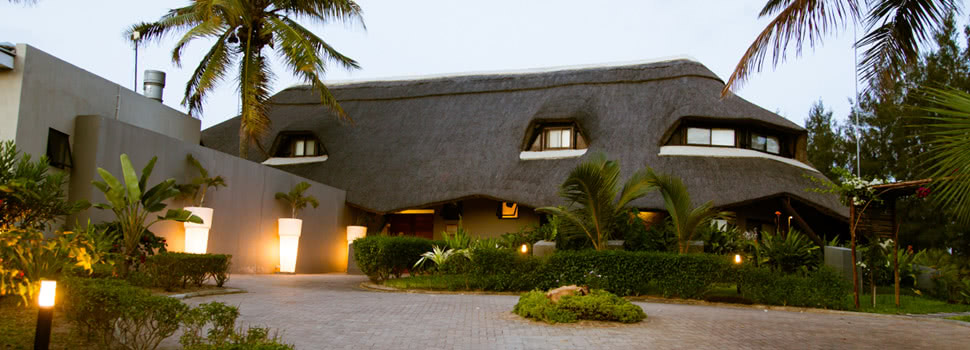
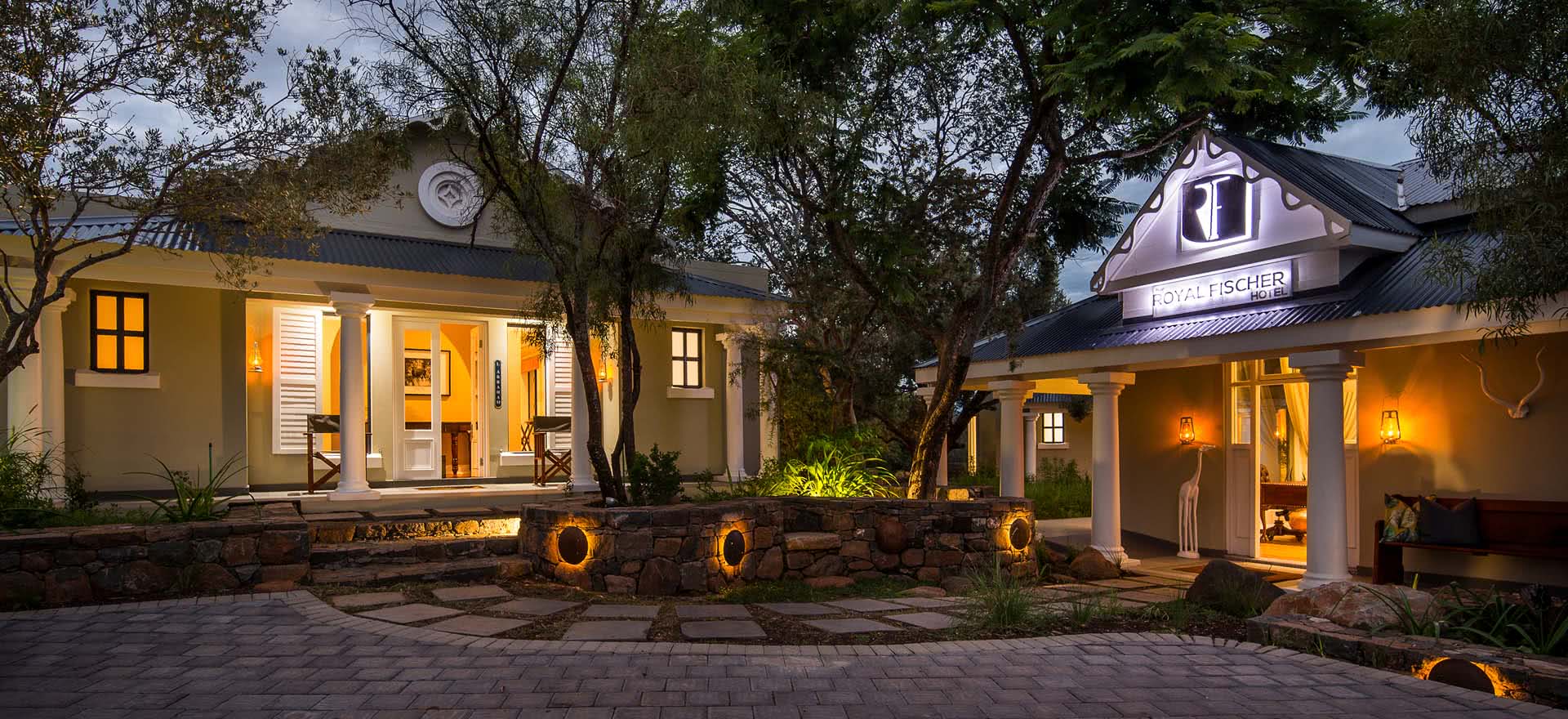
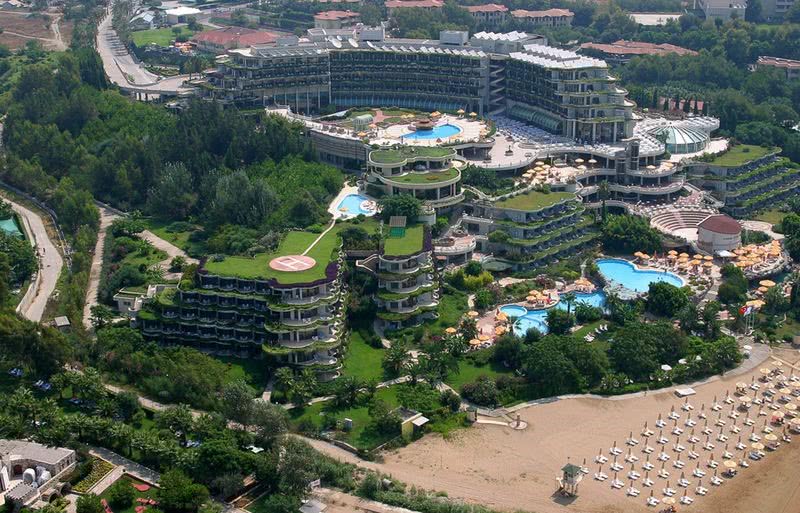
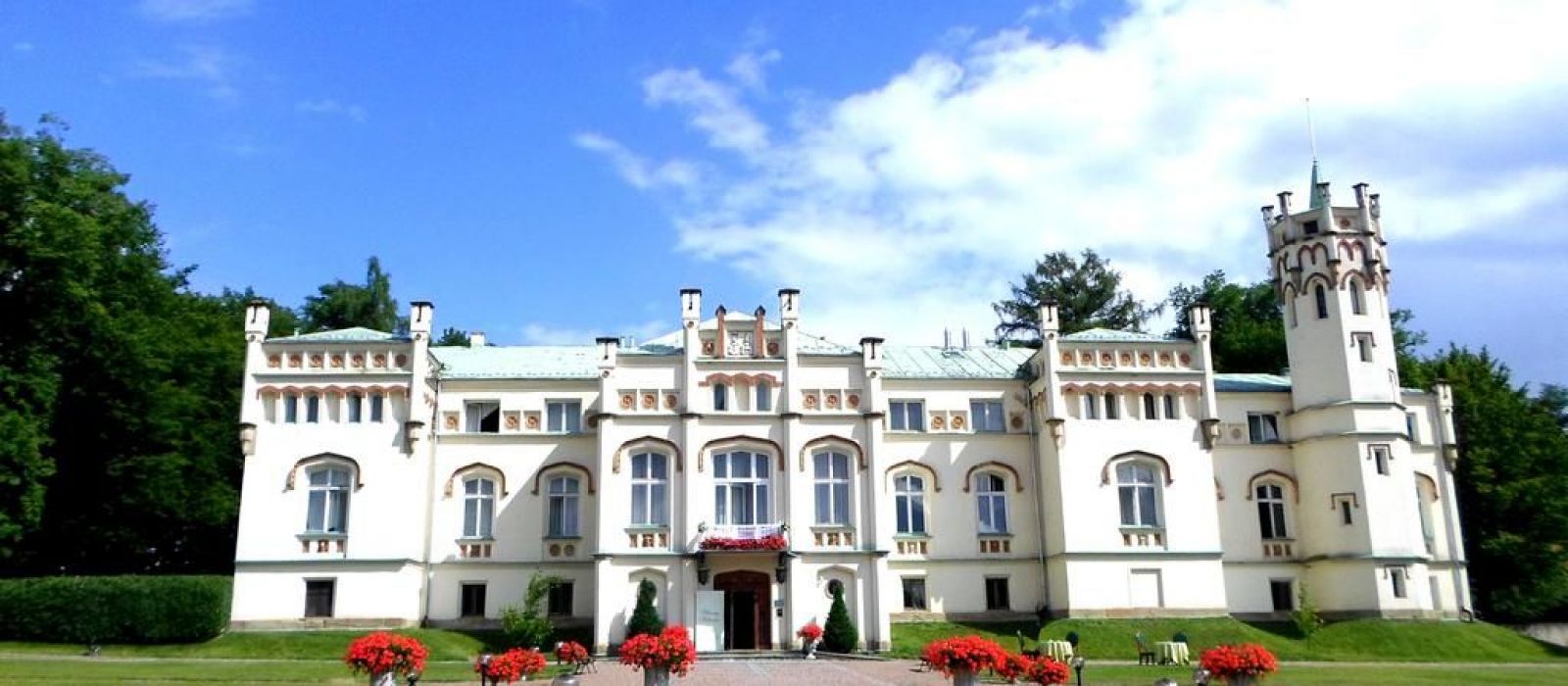
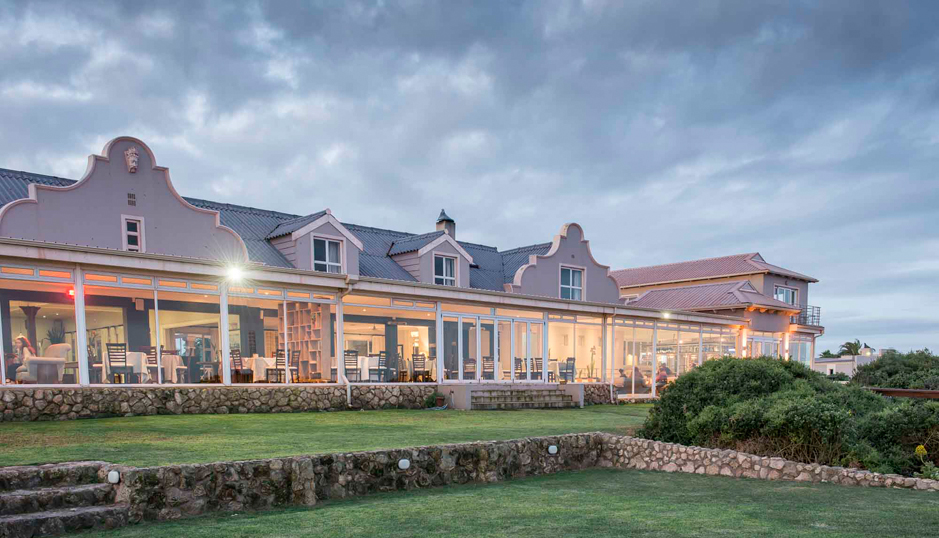
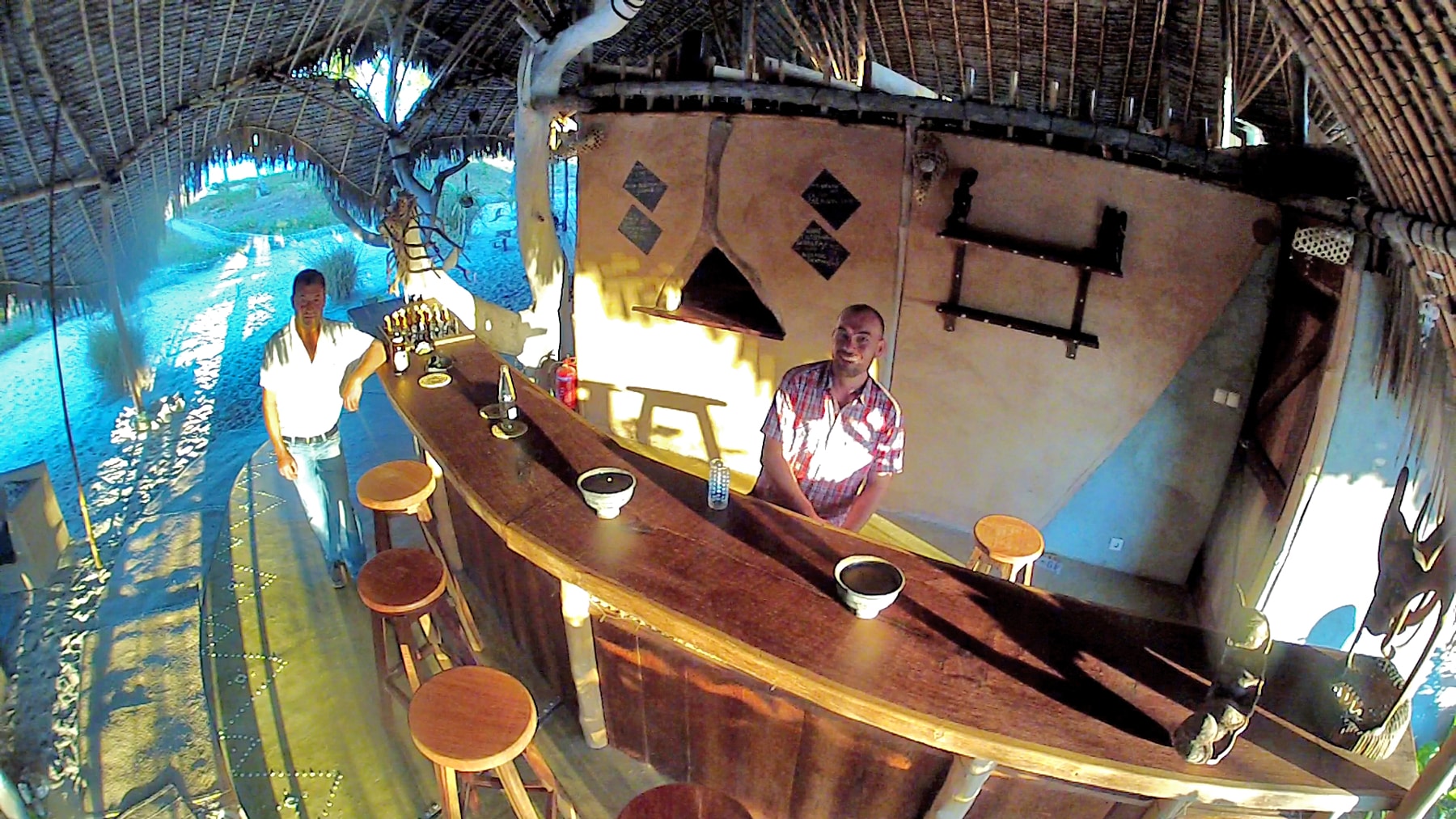
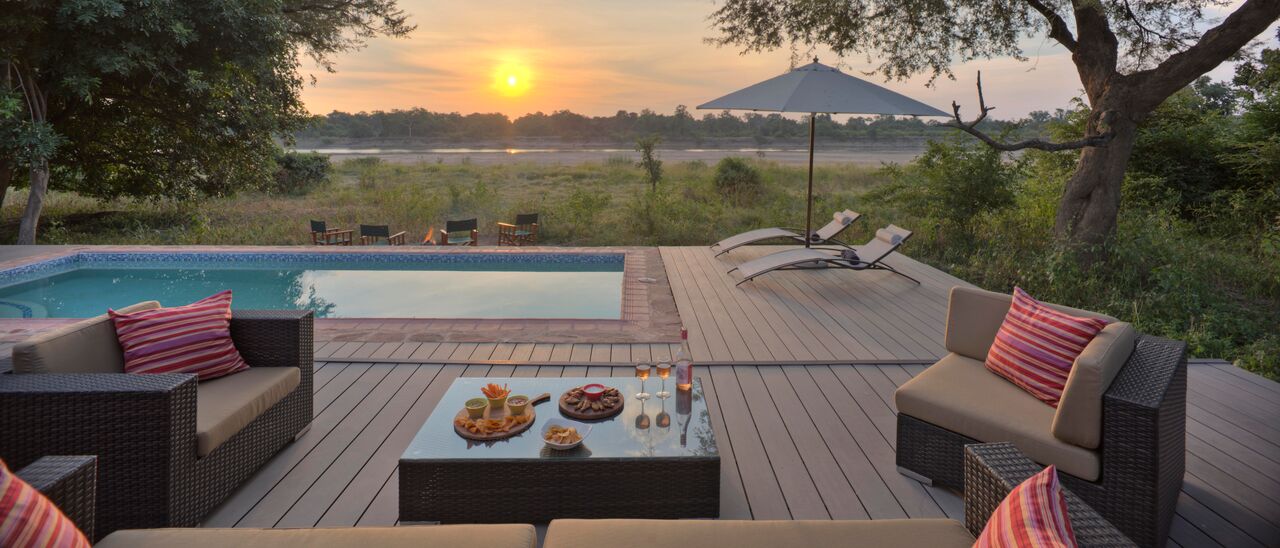
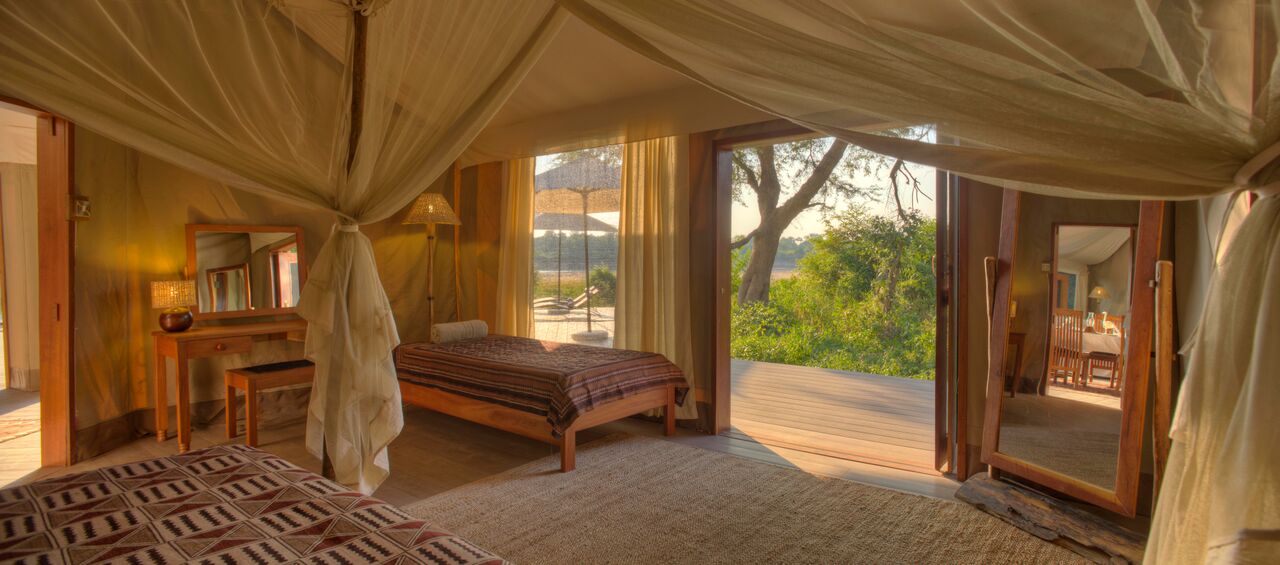
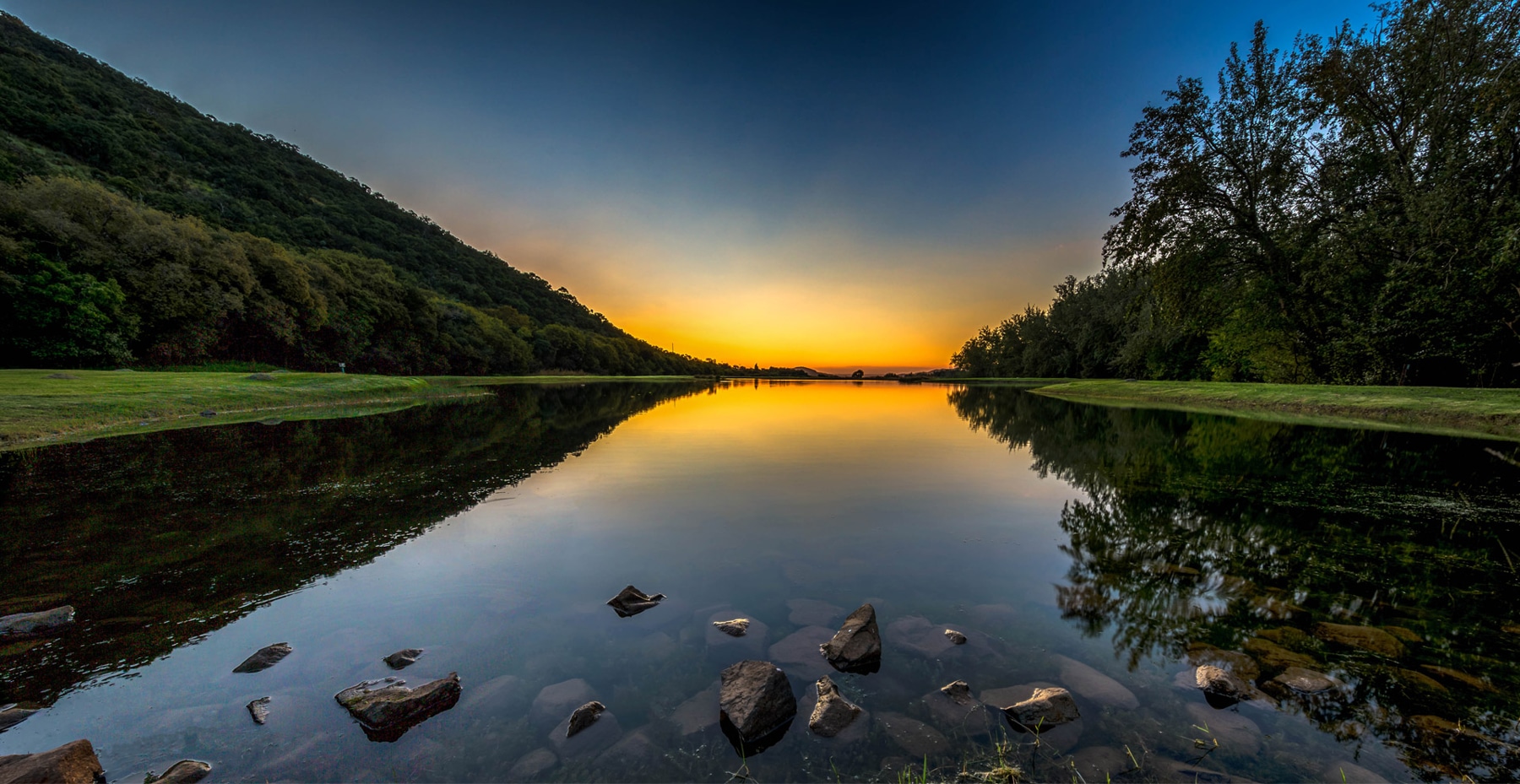
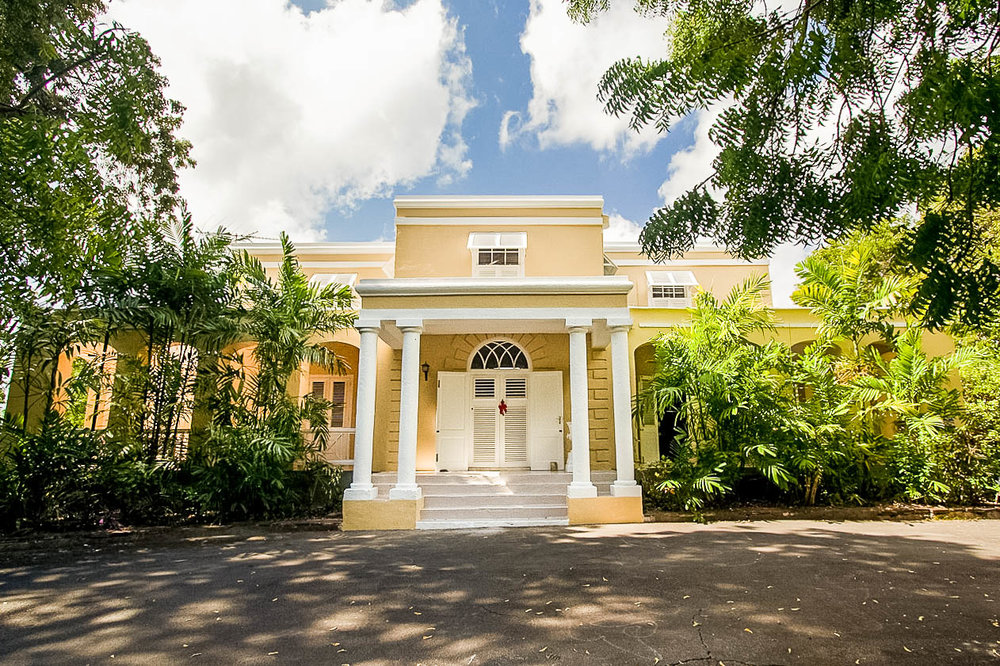
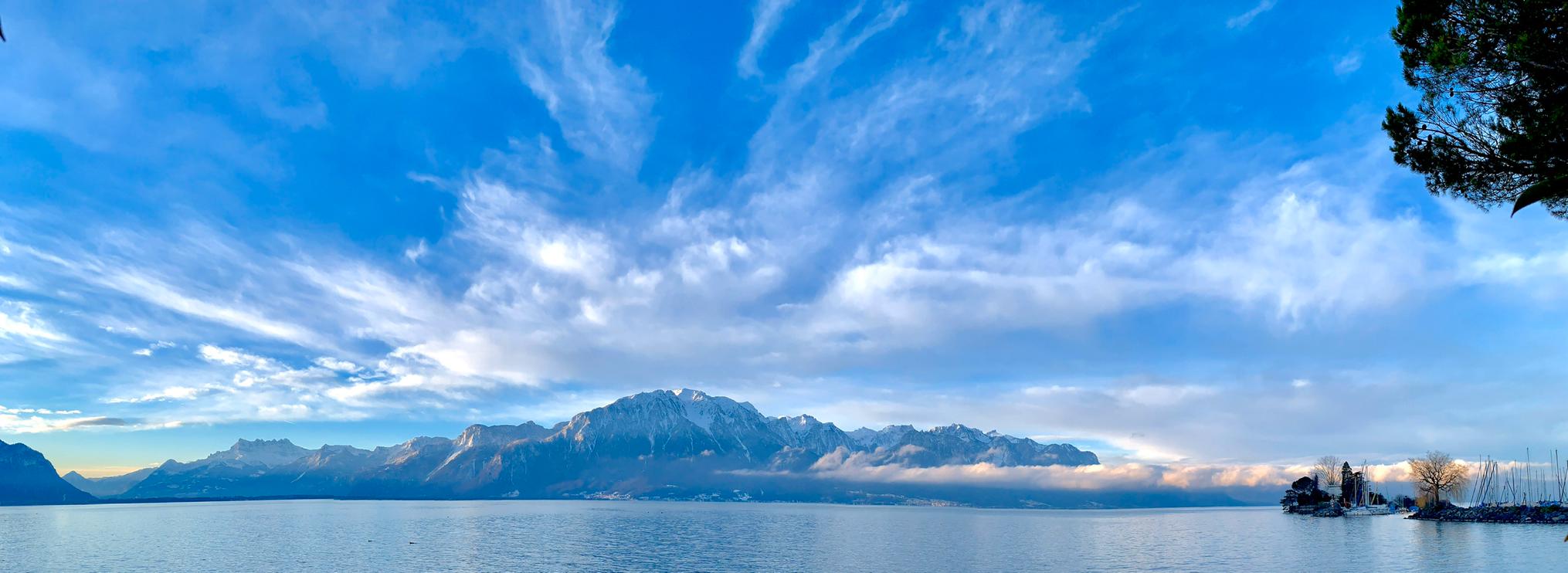
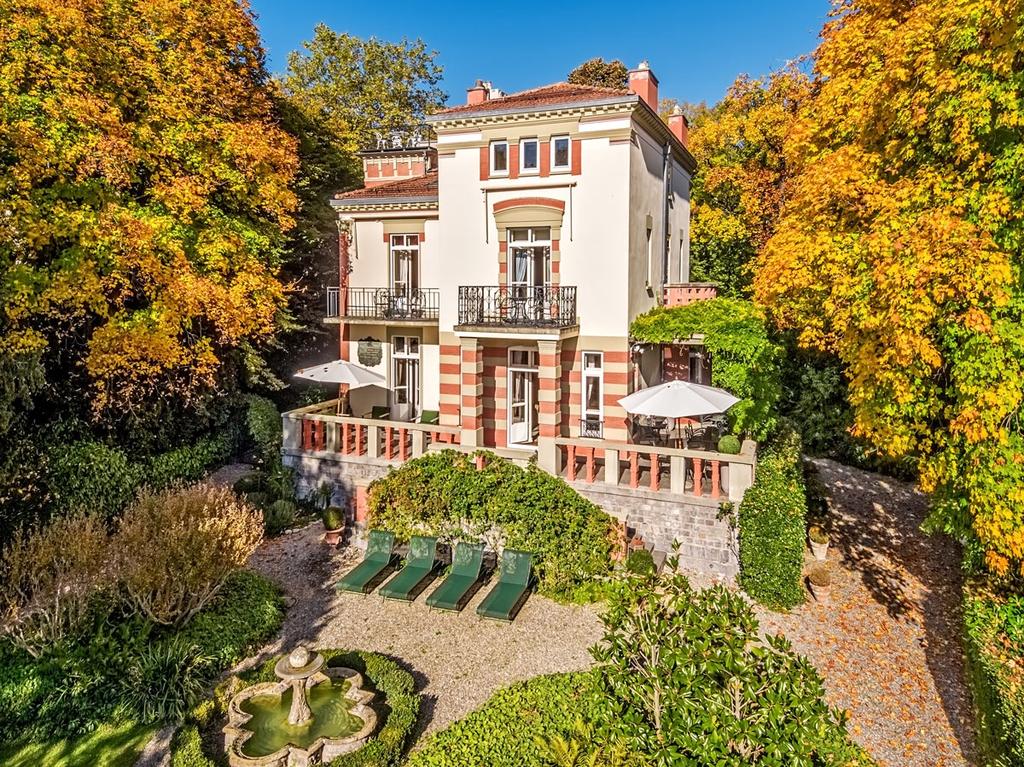
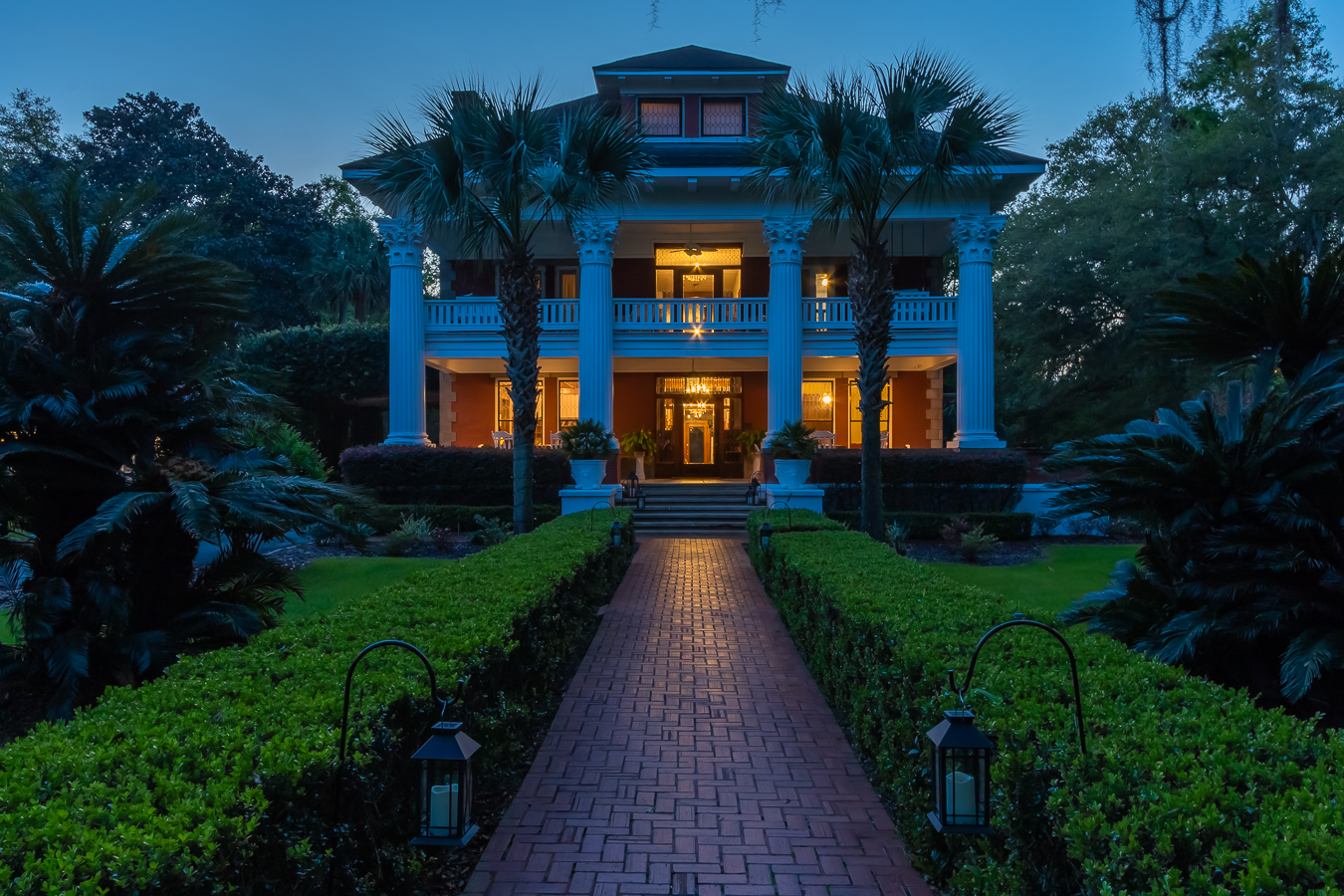
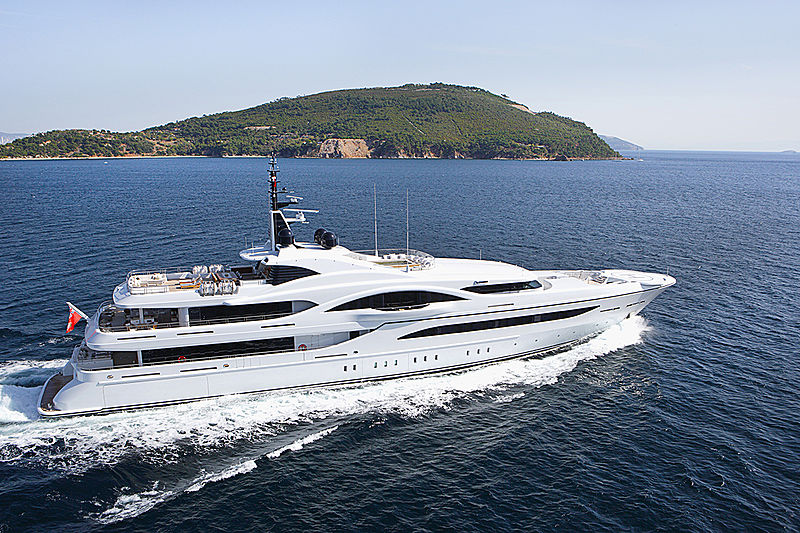
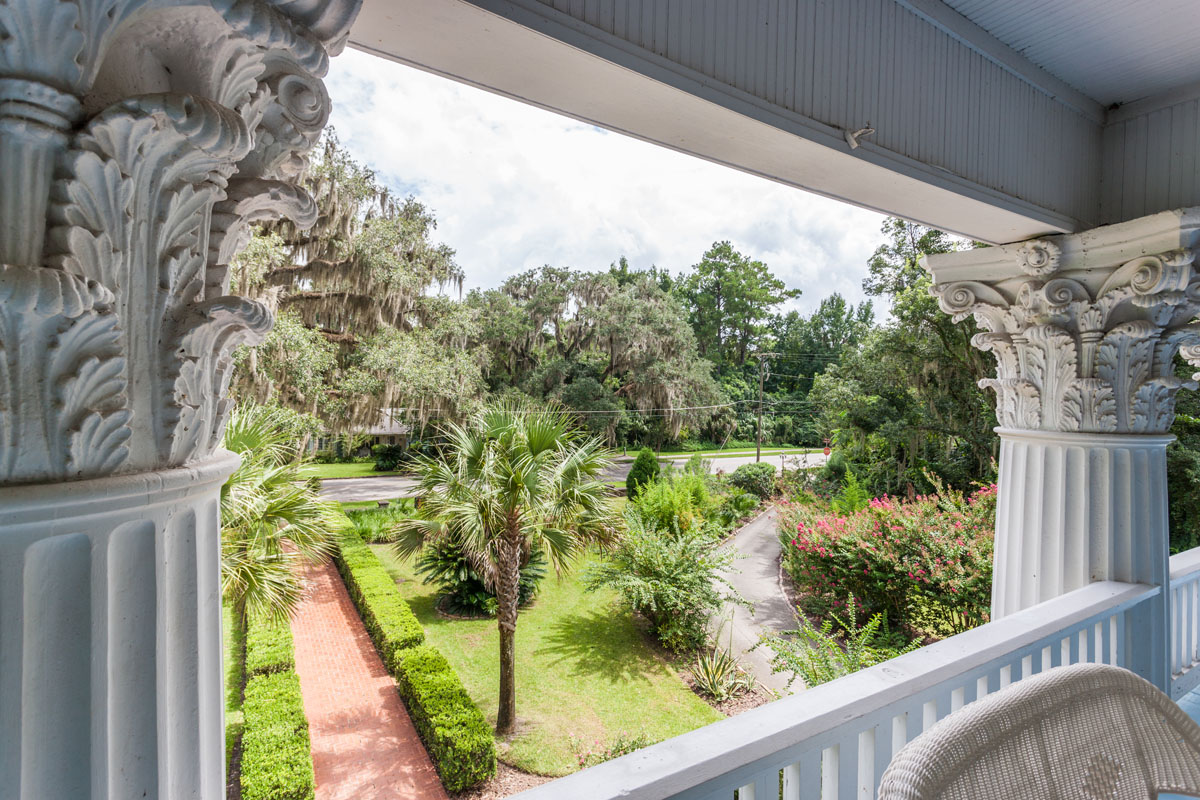
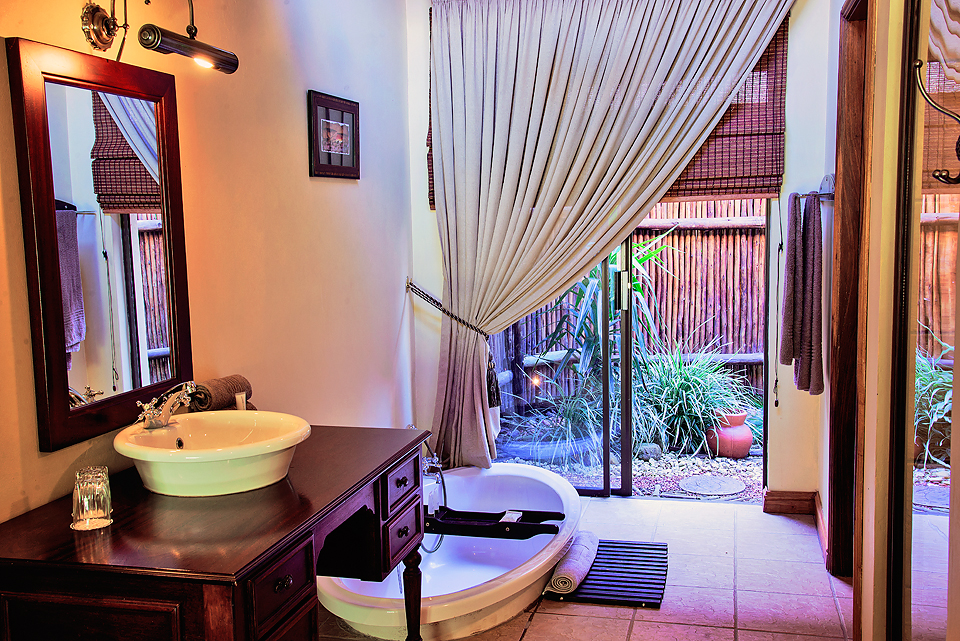
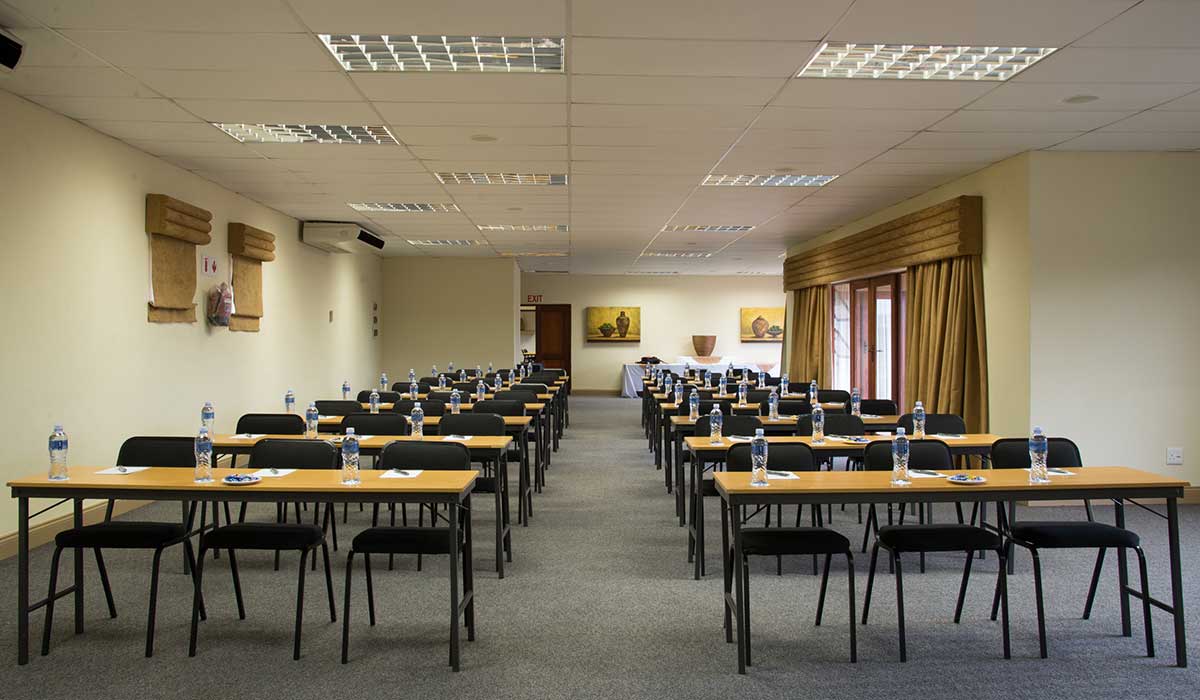
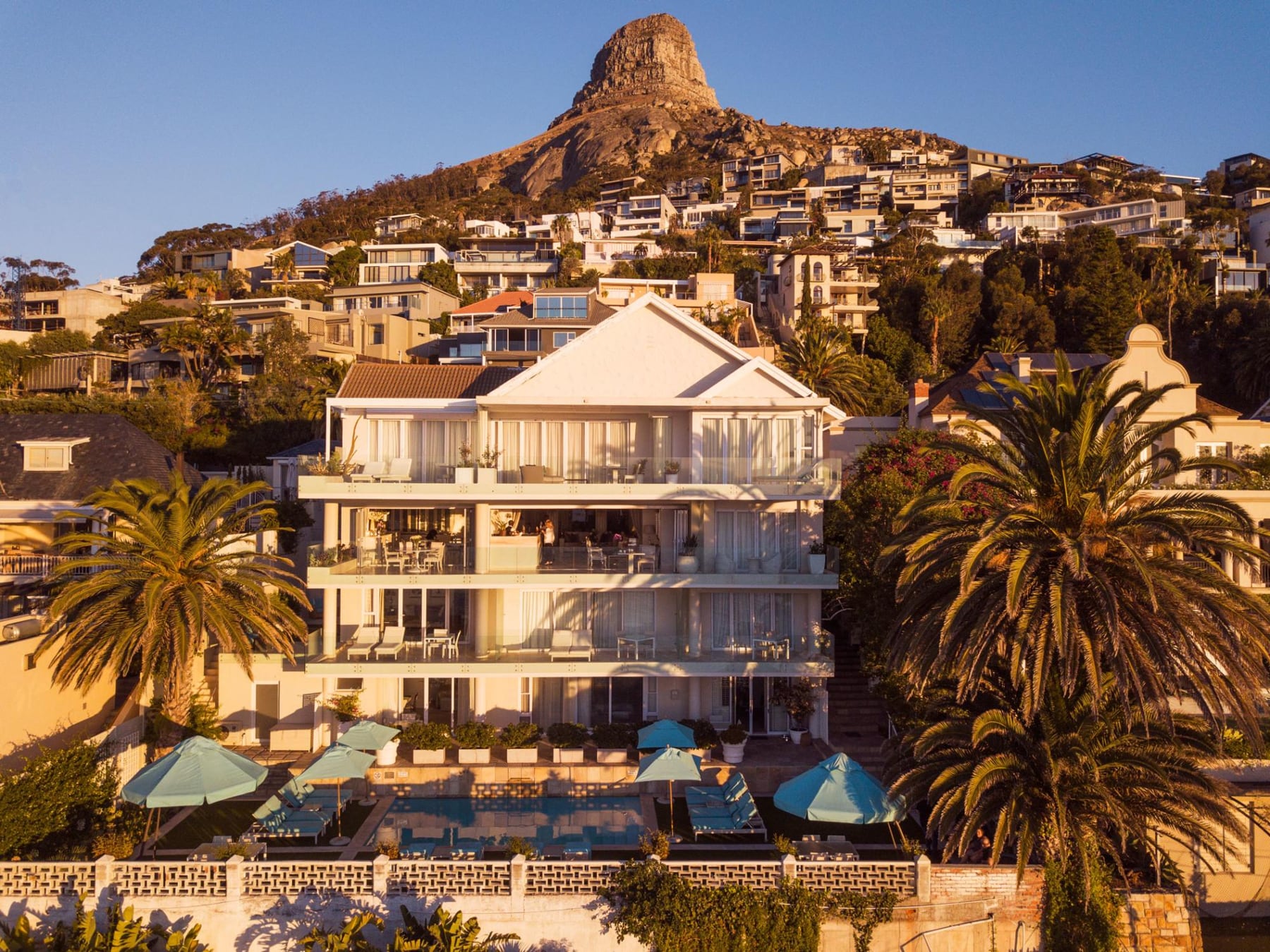
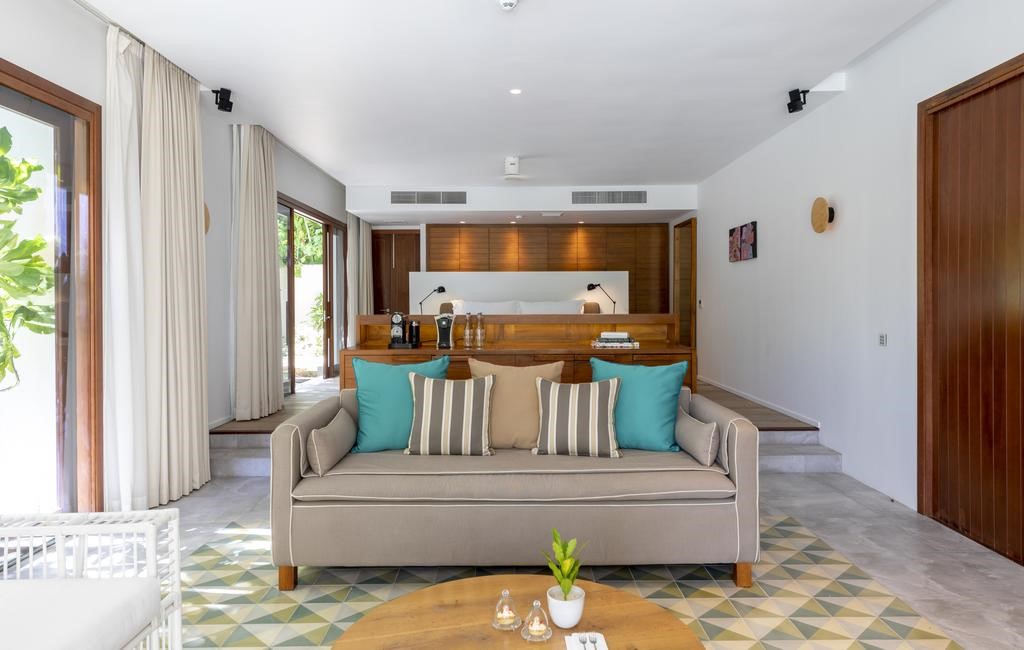
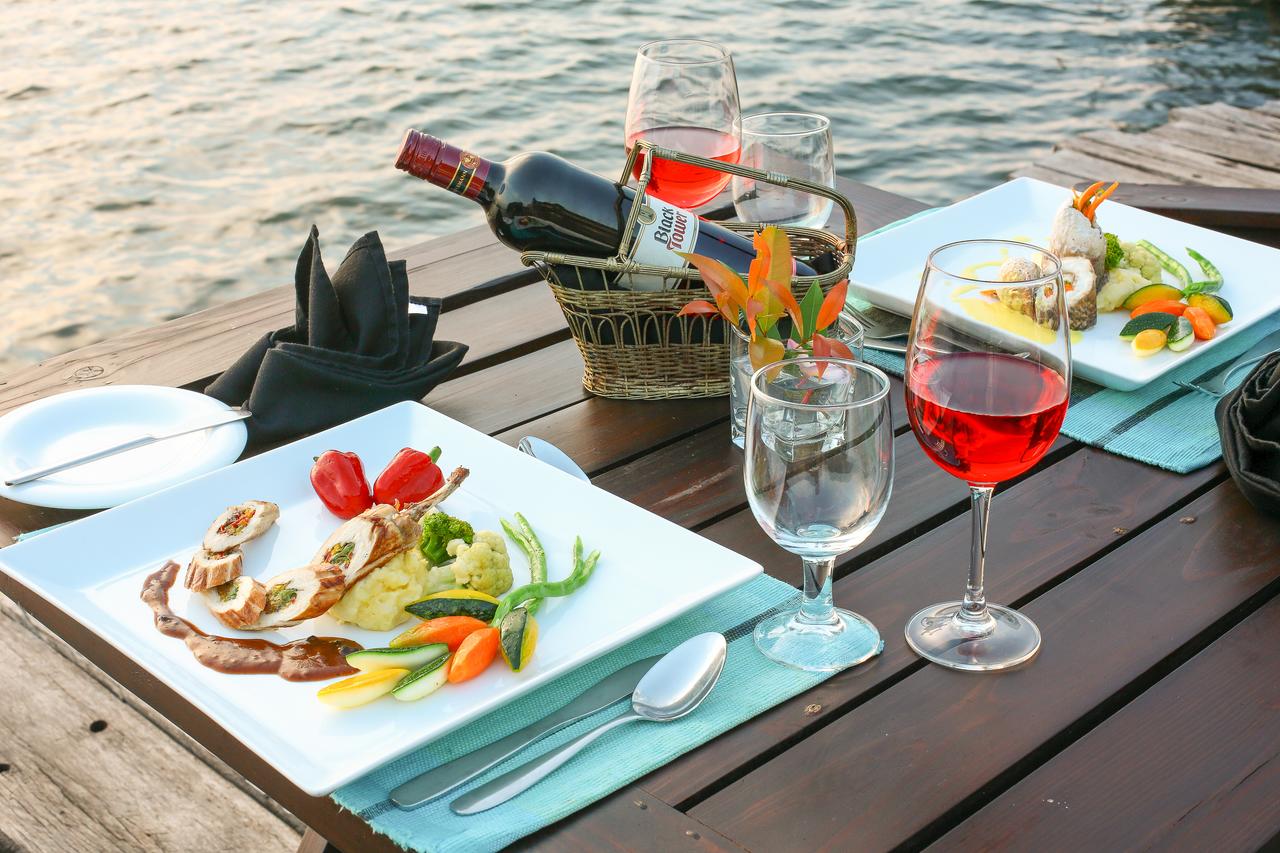
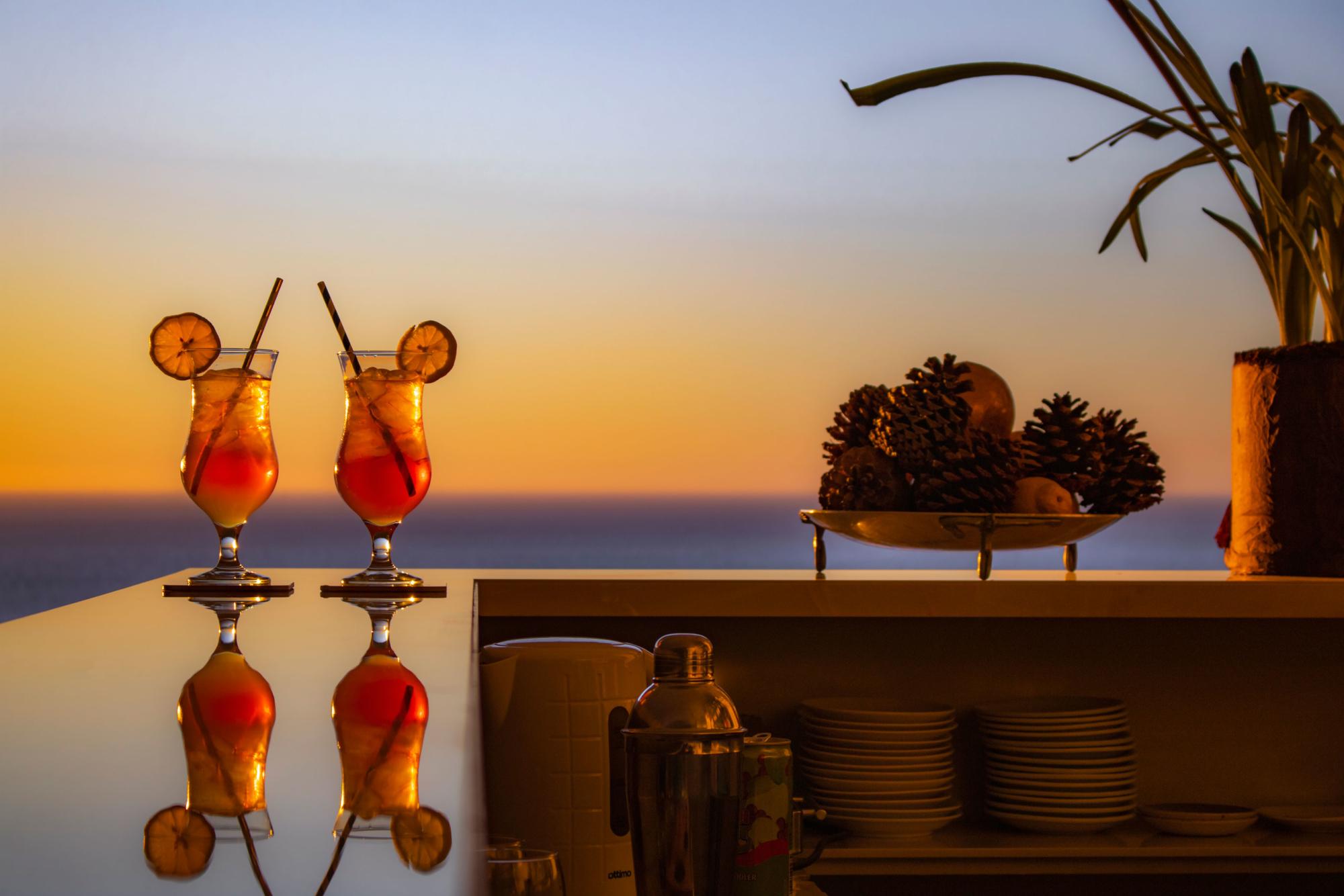
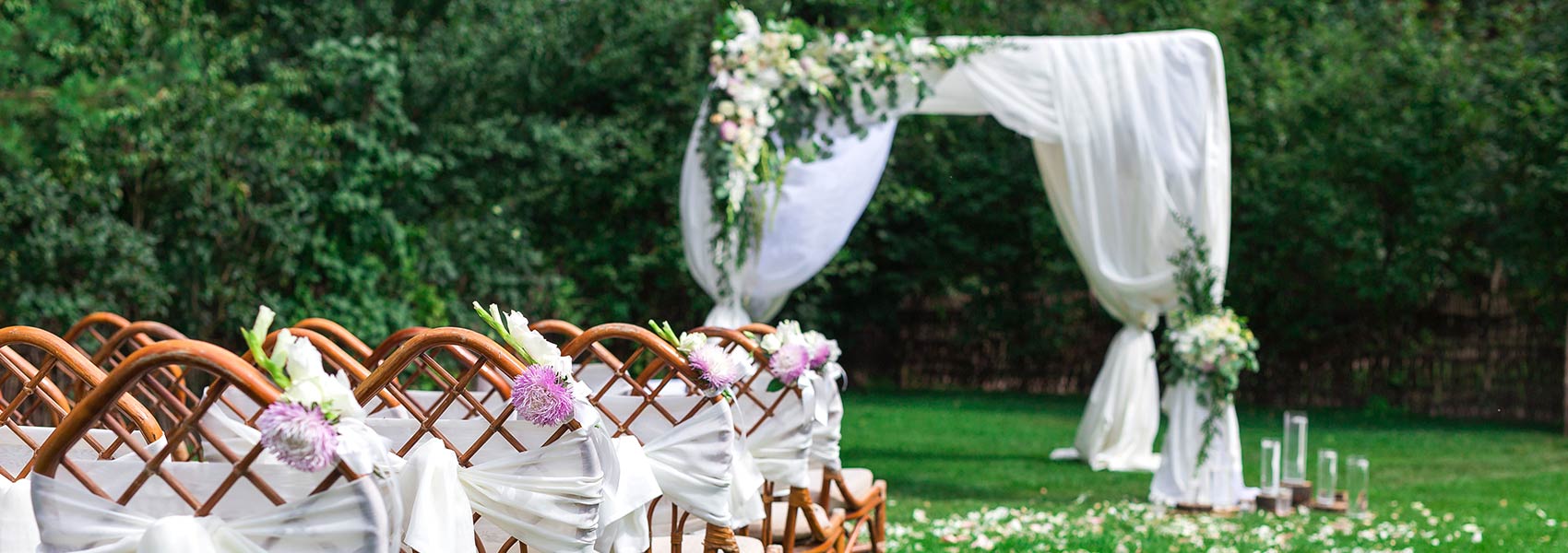
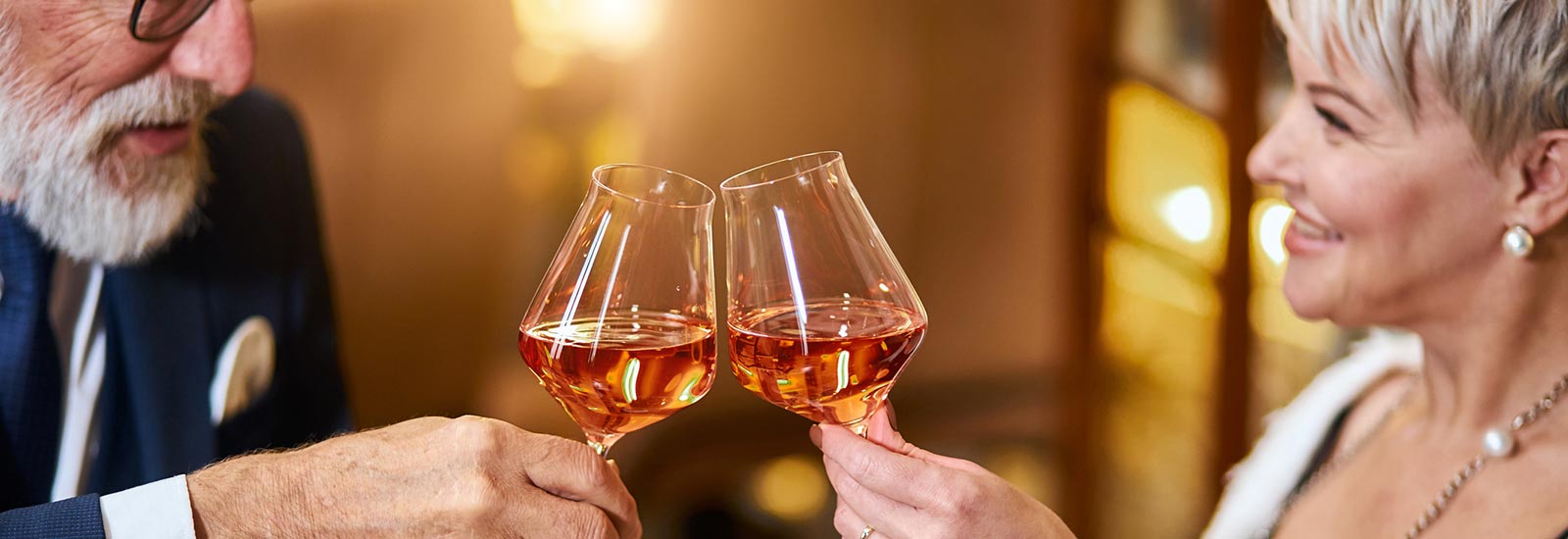
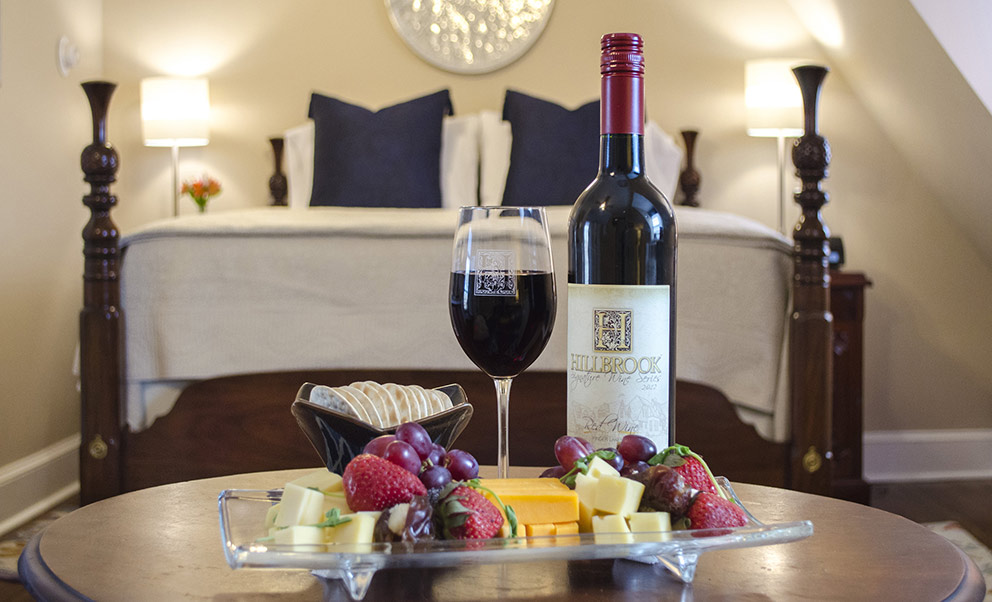

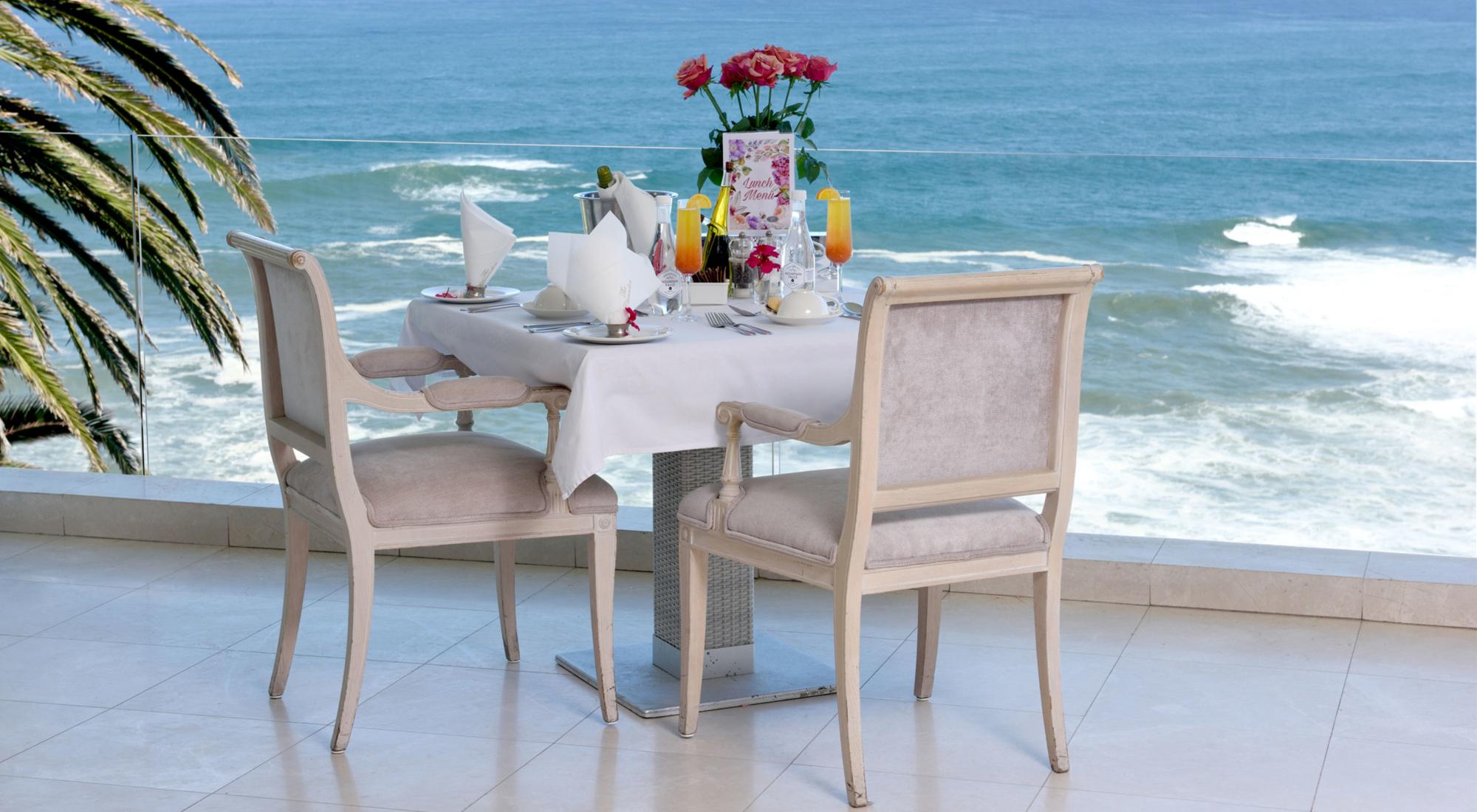


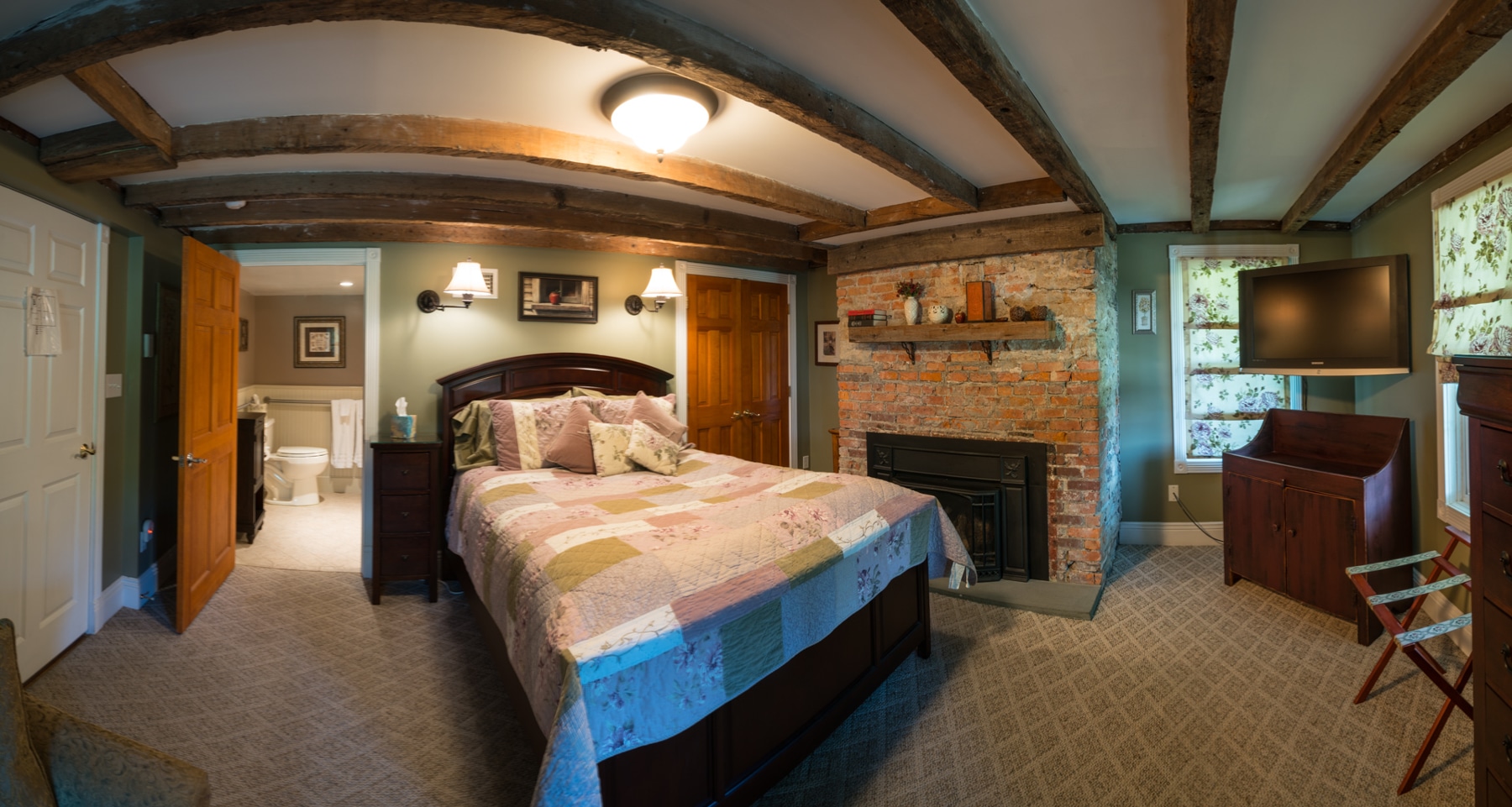
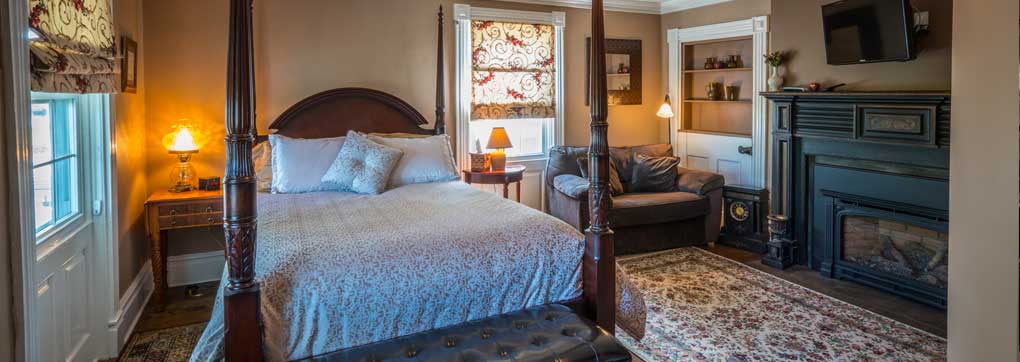
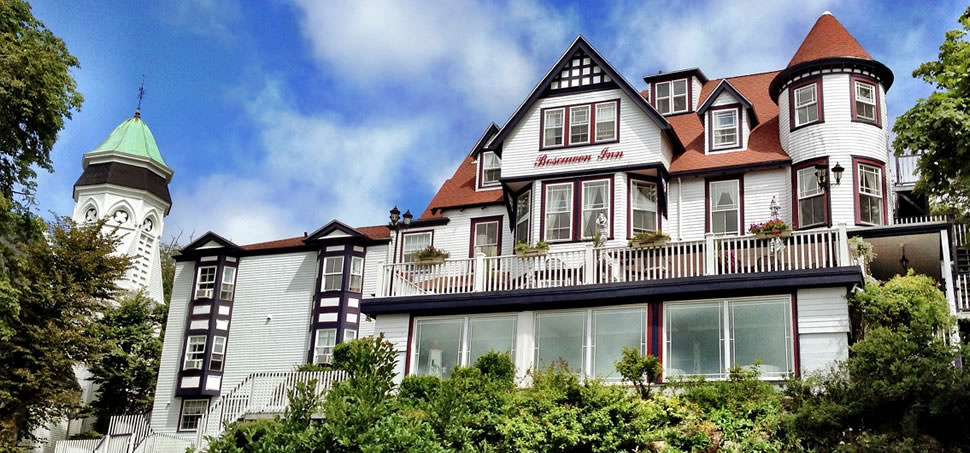
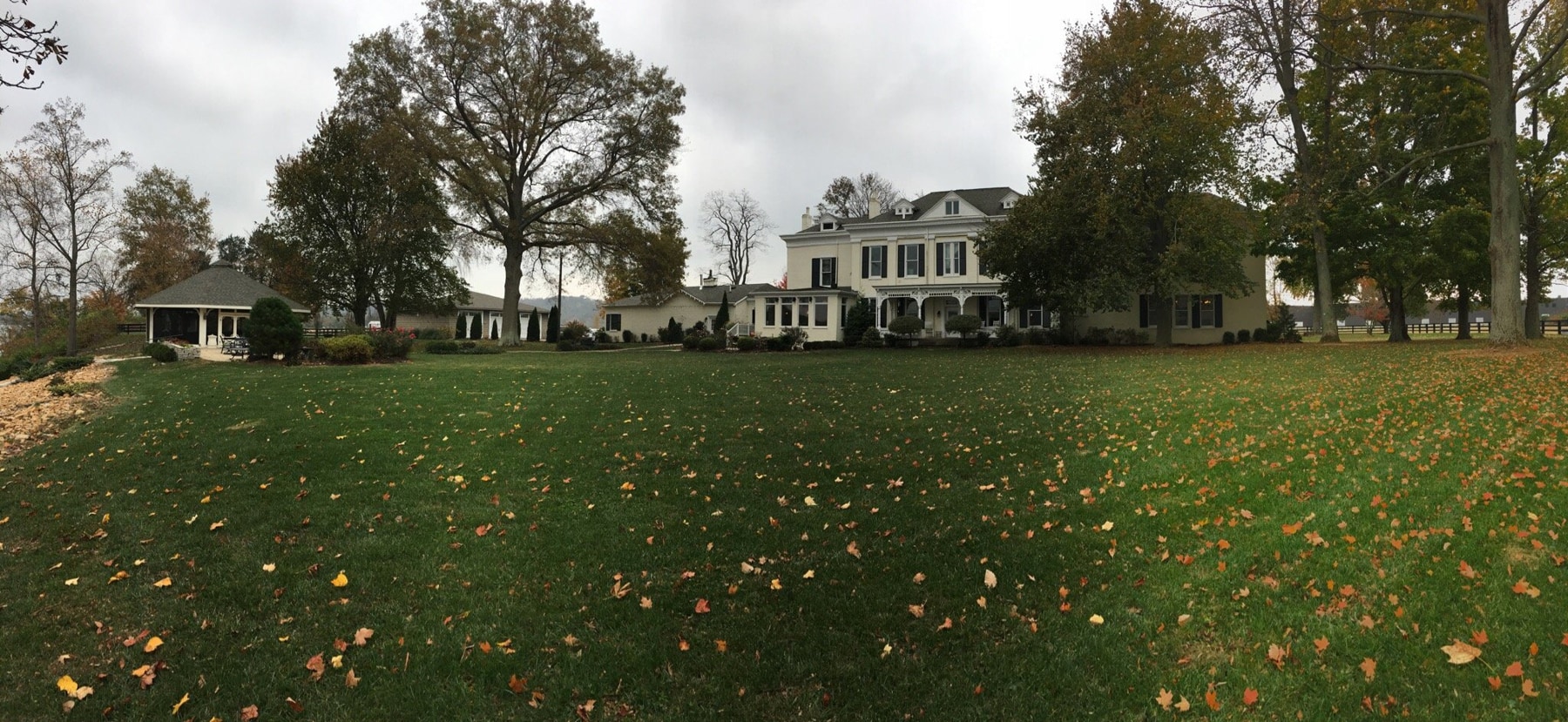


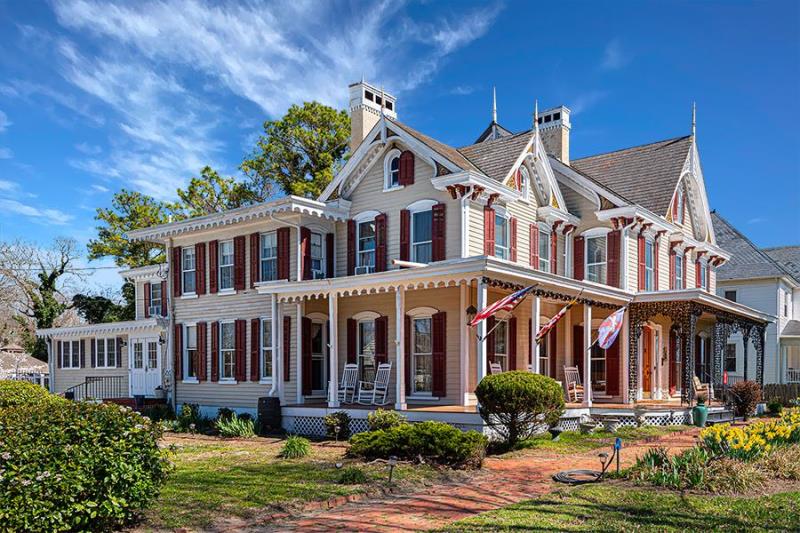
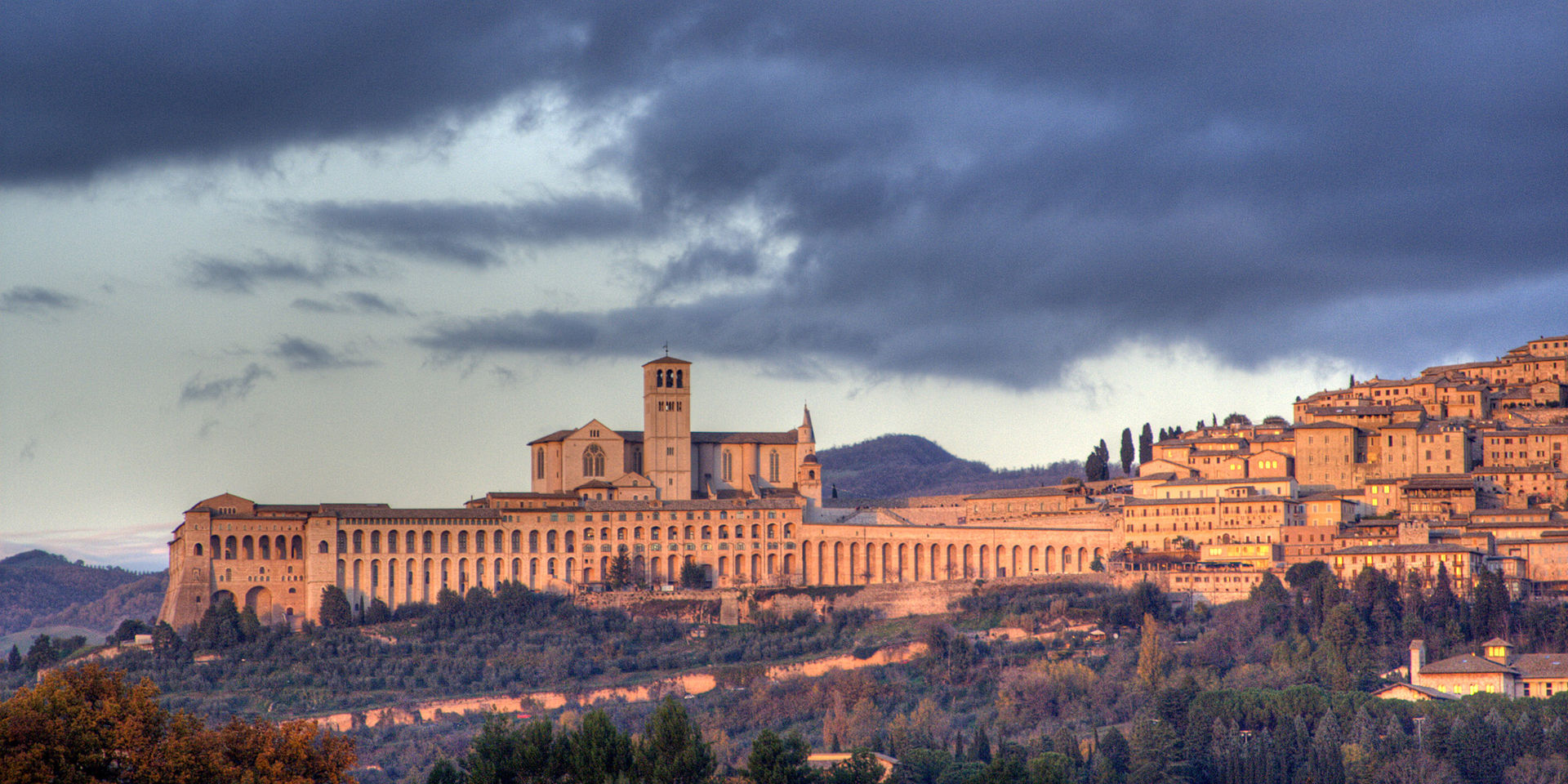
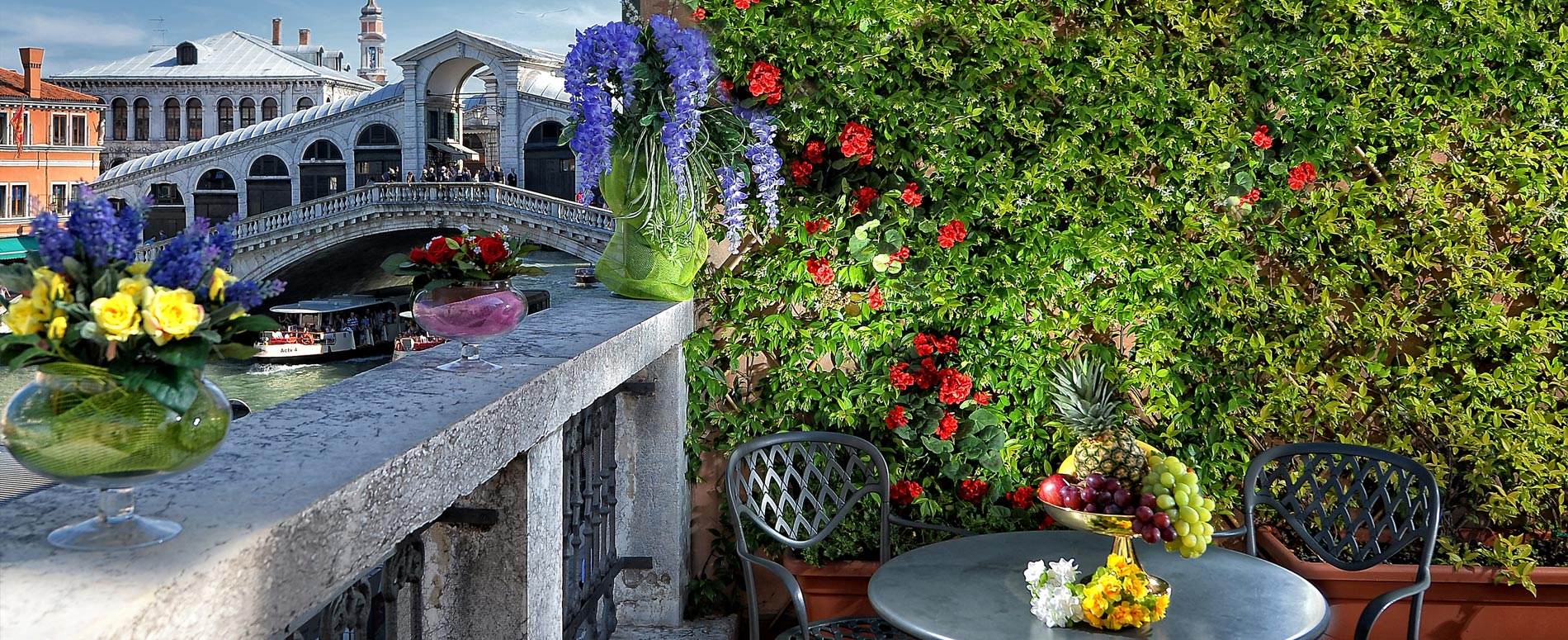
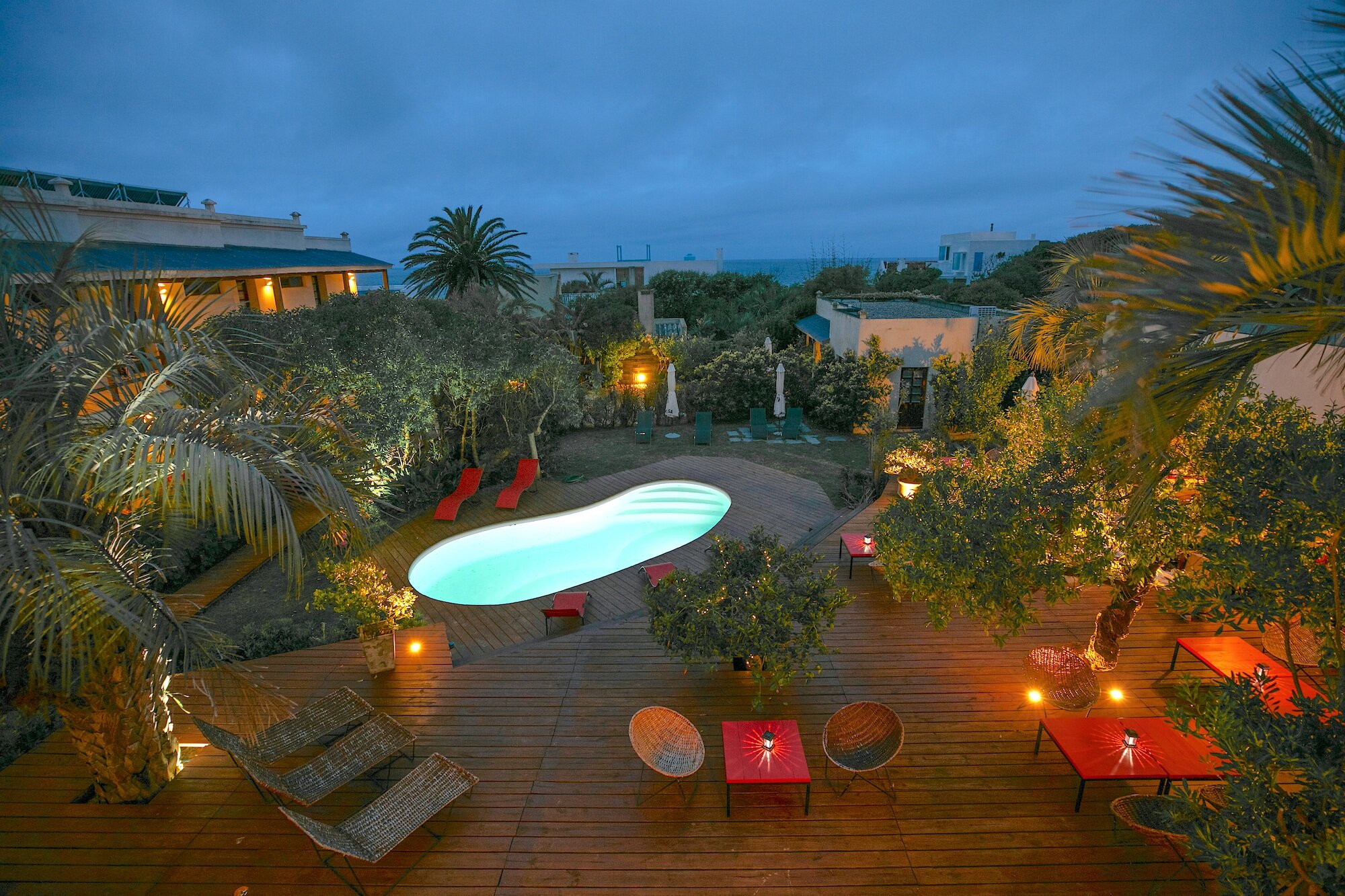
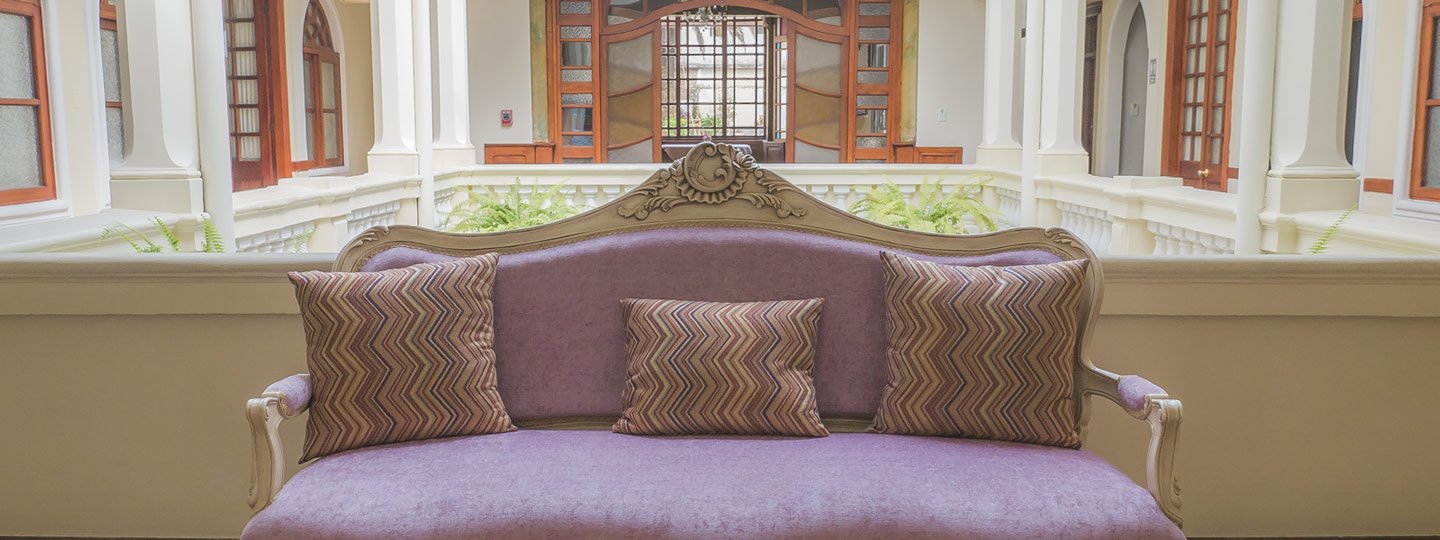
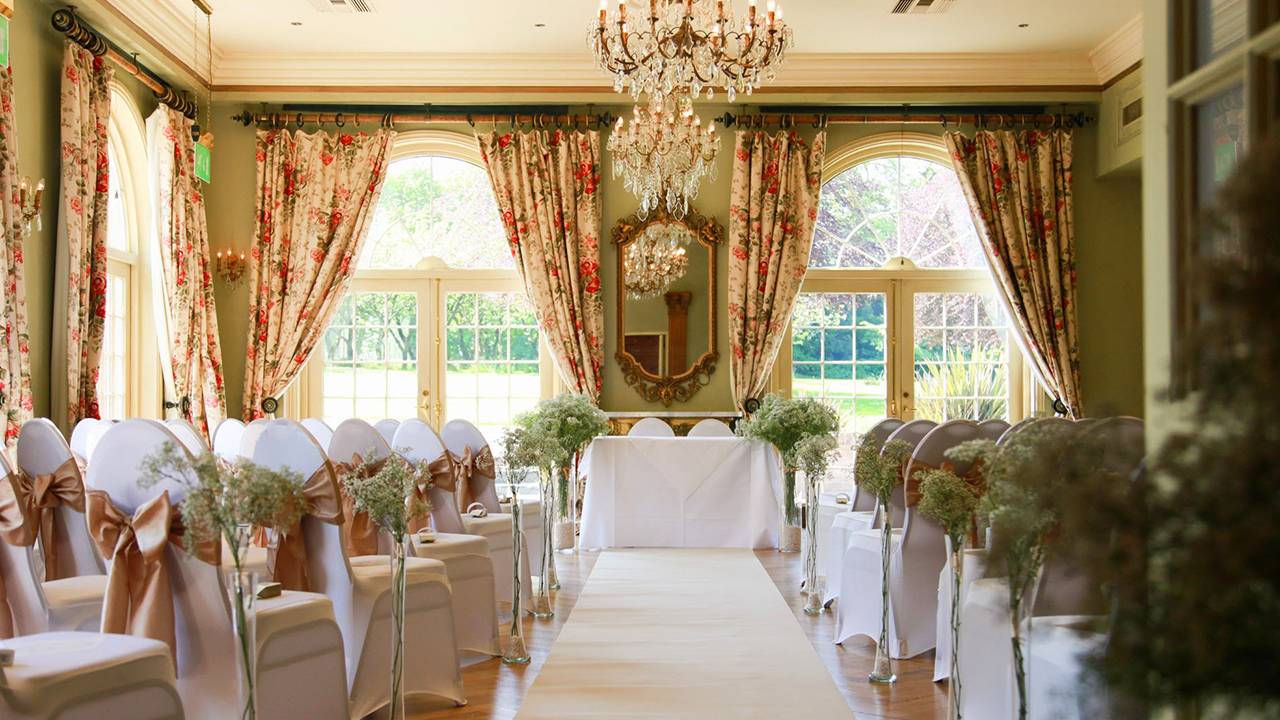
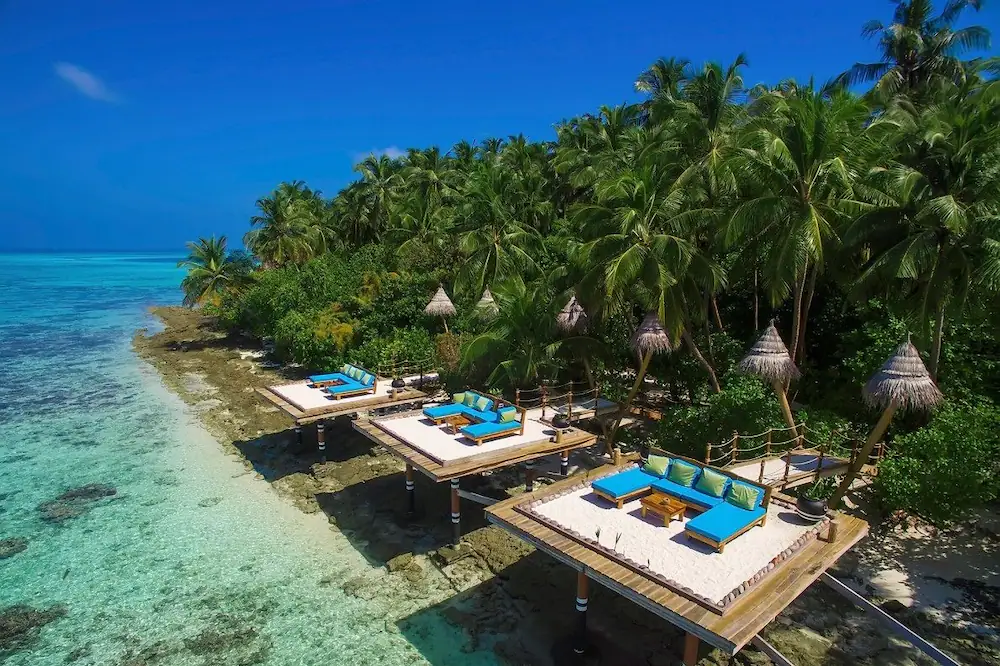
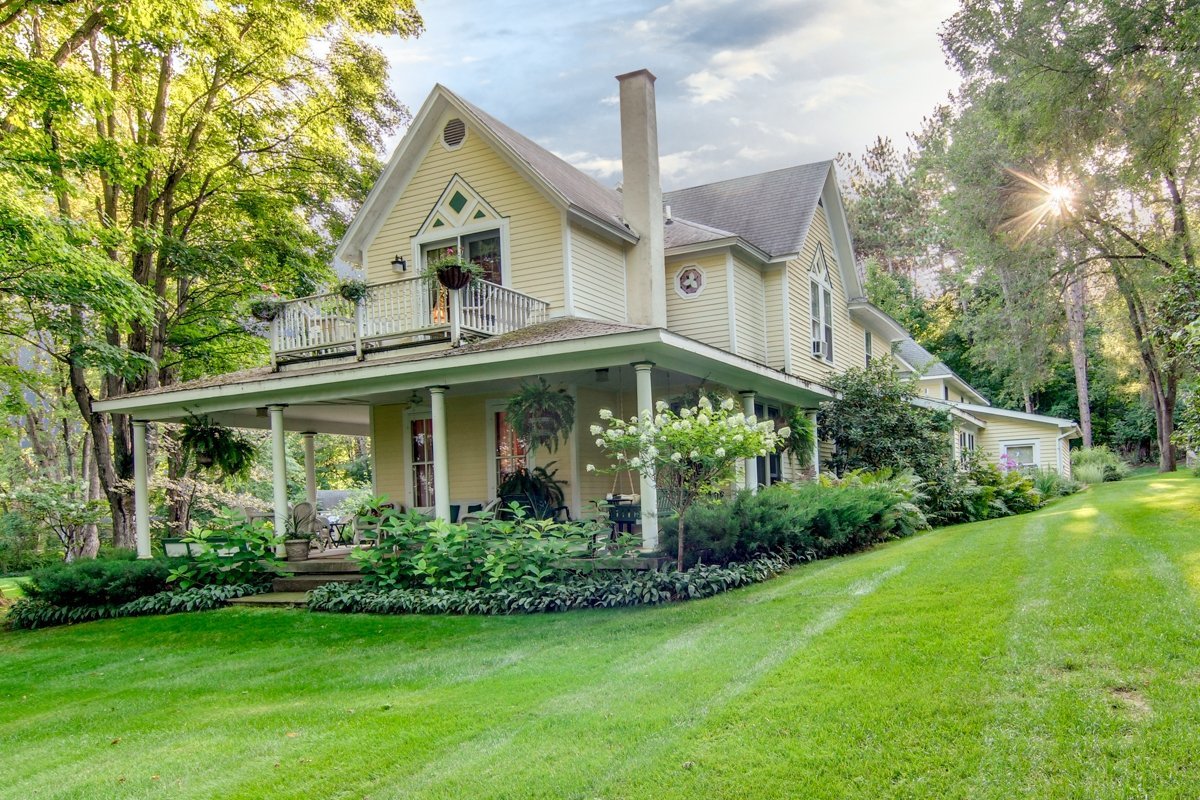
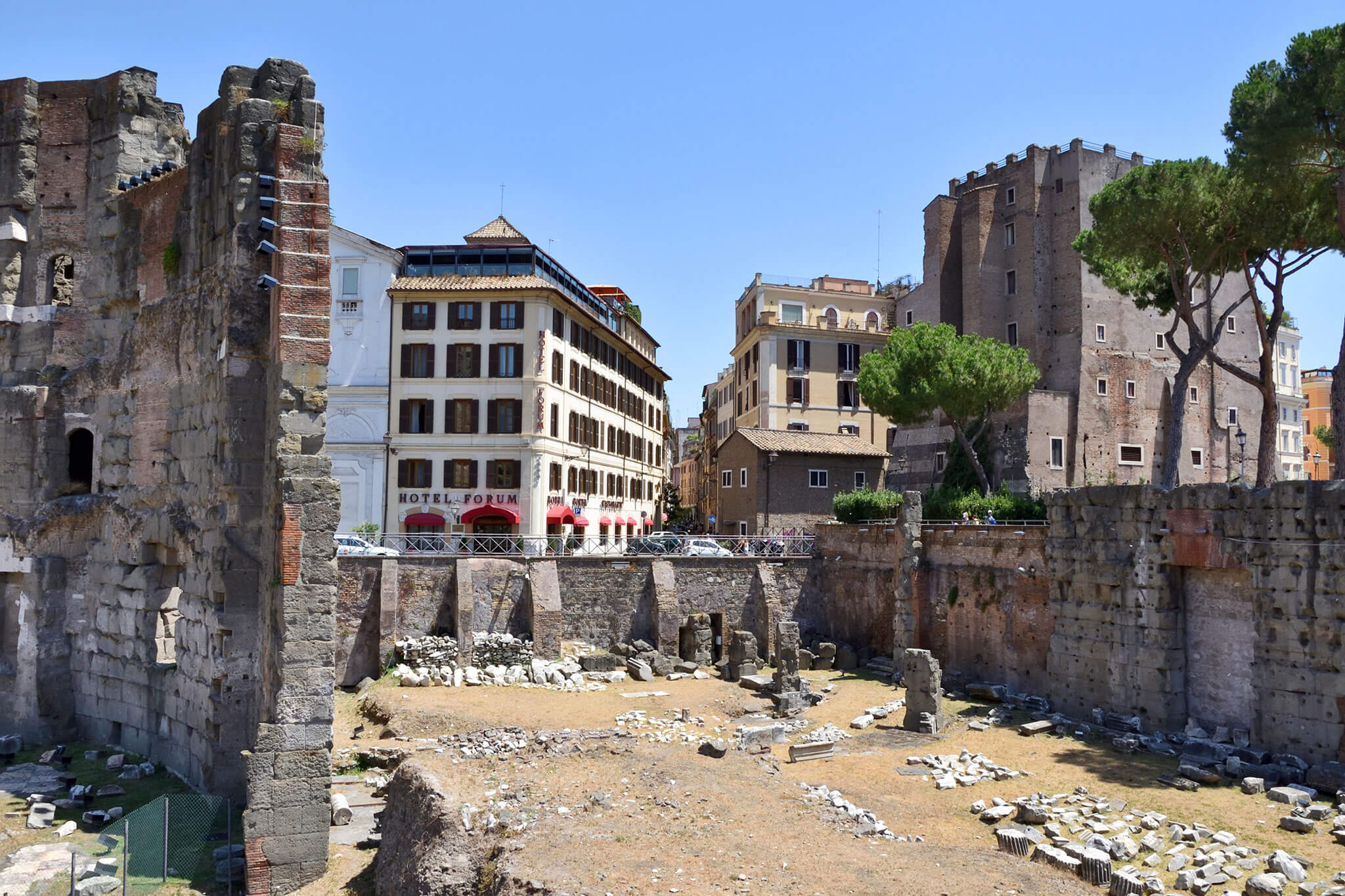
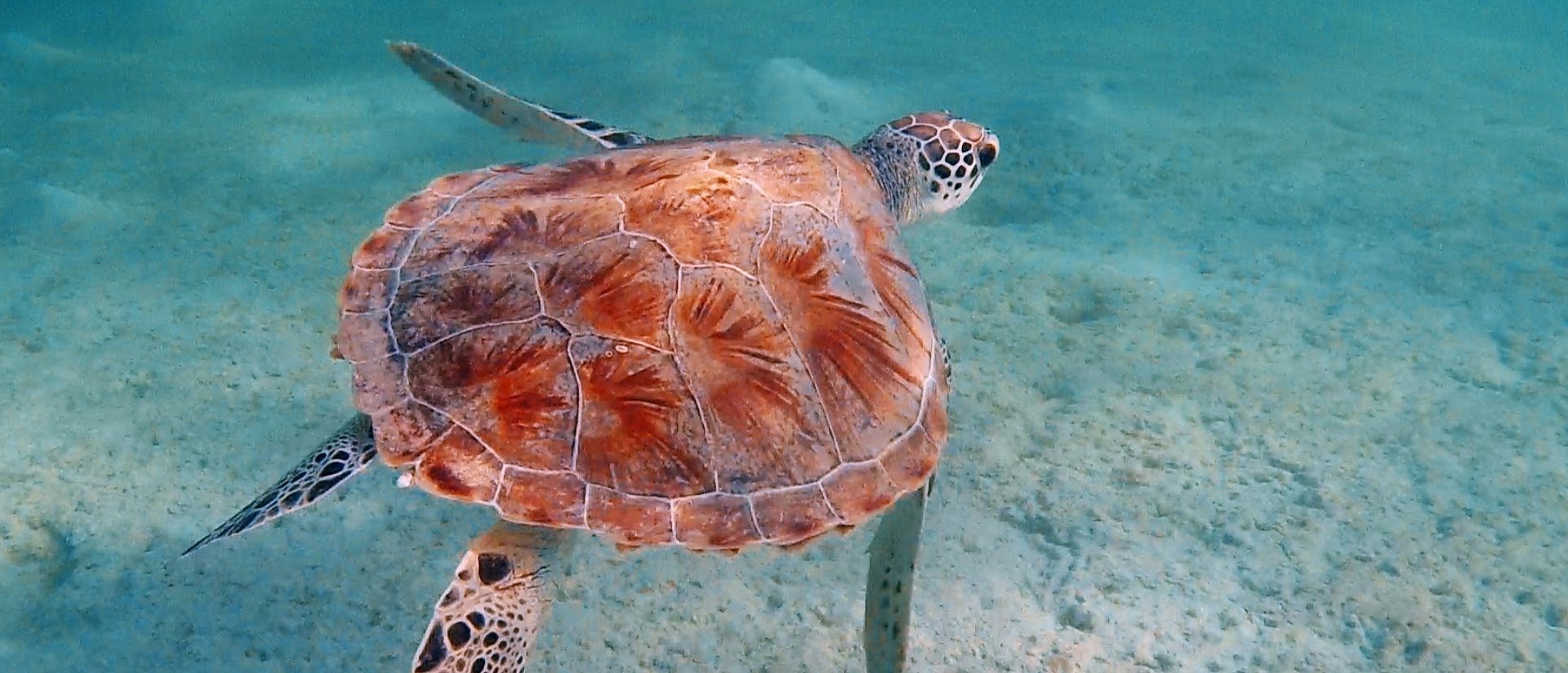
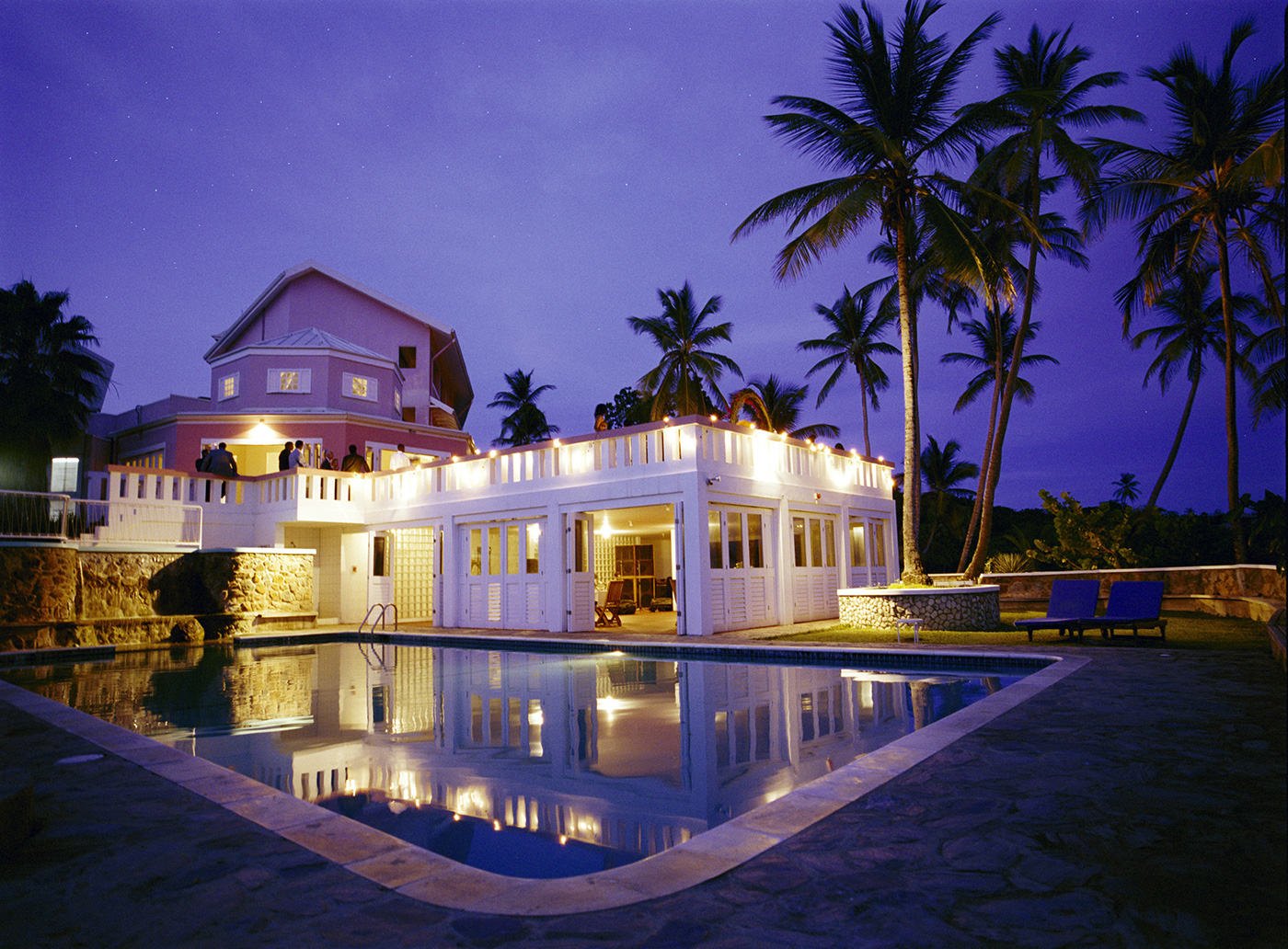
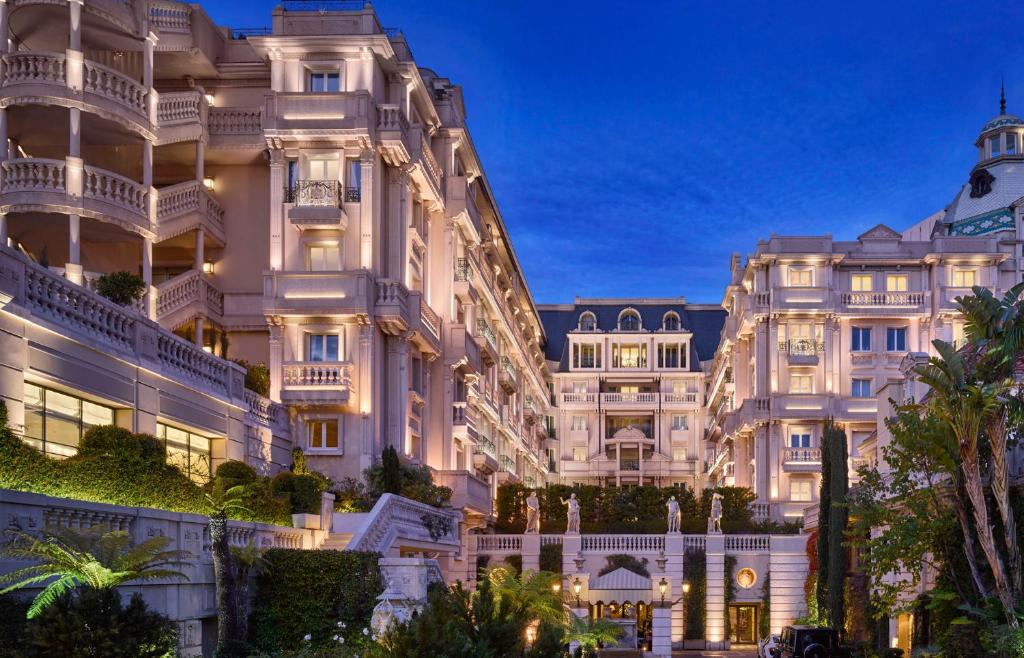
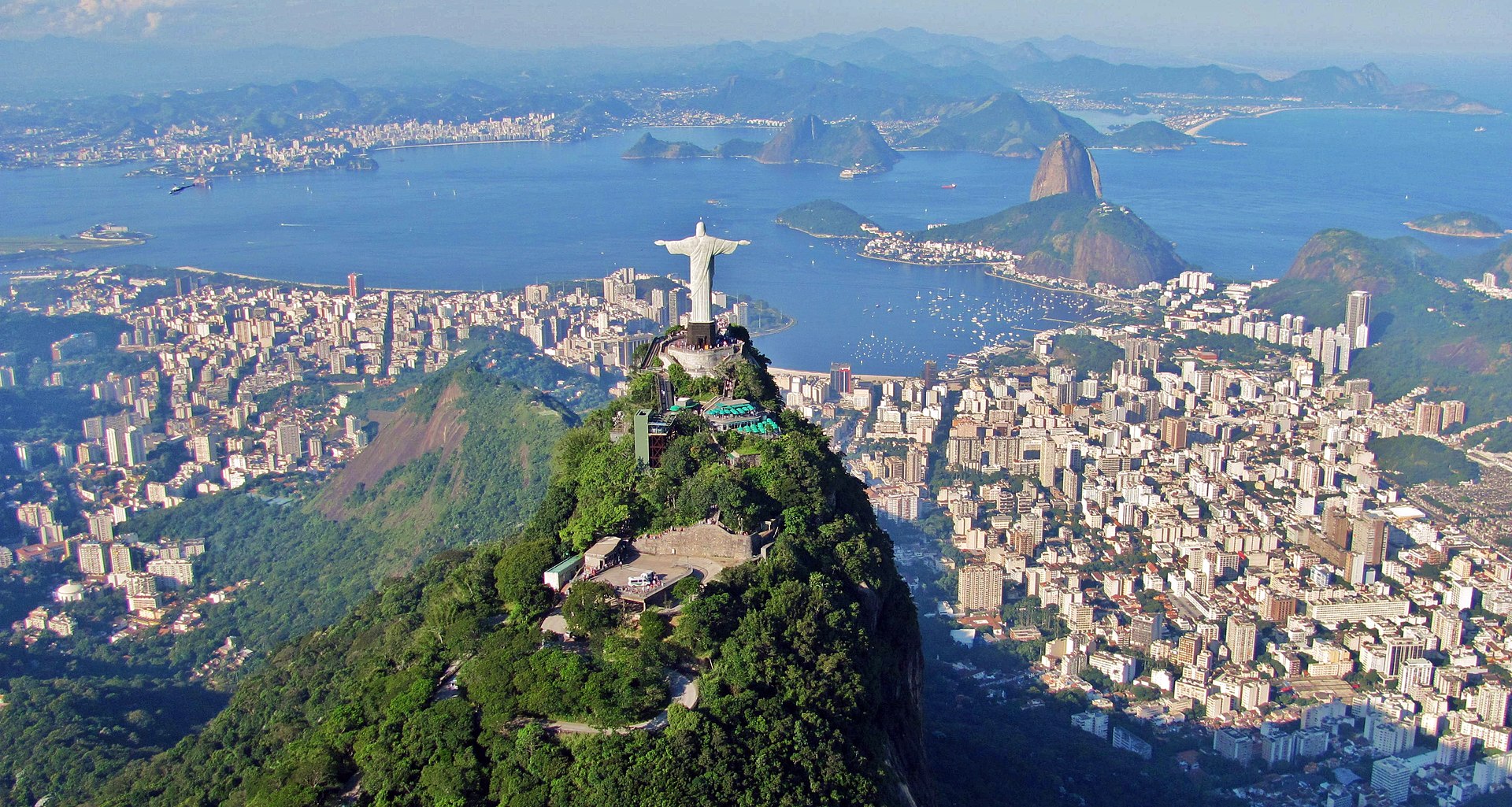
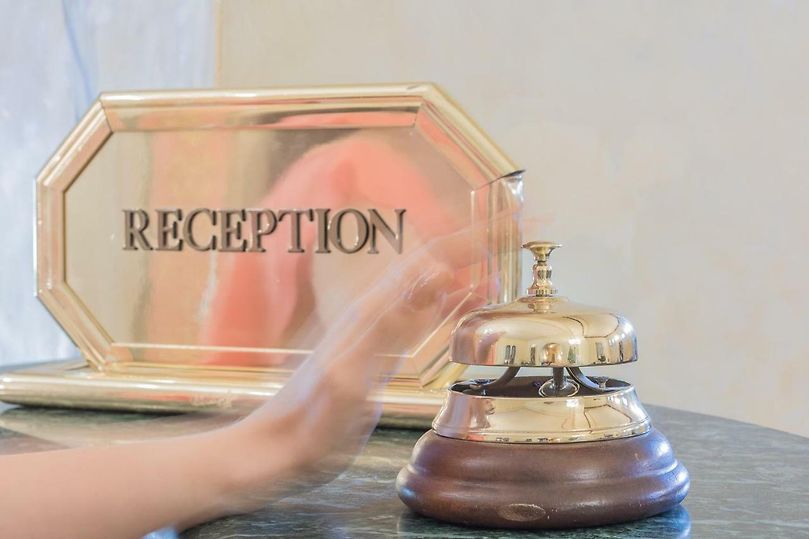
Glasgow, Scotland, United Kingdom
Agent: Cliff Jacobs - Managing Principal Estate Agent & CEO (Nat.Dpl.Hotel Man (UJ). M.P.R.E.)
Agent Cellphone: +27 (0) 84 413 1071 / +27 (0) 61 716 6951
Agent Office Number: +27 (0) 21 554 0283
Agent Email Address: cliff@exquisitehotelconsultants.com
Type: Boutique Hotel
Bedrooms: 10
Bathrooms: 10
Showers: 10
Parking: 10
Yield: Not Disclosed
Glasgow
Glasgow is the most populous city in Scotland and the fourth-most populous city in the United Kingdom, as well as being the 27th largest city by population in Europe. In 2020, it had an estimated population of 635,640. Historically part of Lanarkshire, the city now forms the Glasgow City council area, one of the 32 council areas of Scotland, and is governed by Glasgow City Council. Glasgow is situated on the River Clyde in the country's West Central Lowlands. It is the fifth-most visited city in the United Kingdom.
Glasgow grew from a small rural settlement on the River Clyde to become the largest seaport in Scotland, and tenth-largest by tonnage in Britain. Expanding from the medieval bishopric and royal burgh, and the later establishment of the University of Glasgow in the 15th century, it became a major centre of the Scottish Enlightenment in the 18th century. From the 18th century onwards, the city also grew as one of Britain's main hubs of transatlantic trade with North America and the West Indies. With the onset of the Industrial Revolution, the population and economy of Glasgow and the surrounding region expanded rapidly to become one of the world's pre-eminent centres of chemicals, textiles and engineering; most notably in the shipbuilding and marine engineering industry, which produced many innovative and famous vessels. Glasgow was the "Second City of the British Empire" for much of the Victorian era and the Edwardian era.
In the late 19th and early 20th centuries, Glasgow's population grew rapidly, reaching a peak of 1,127,825 people in 1938. The population of Glasgow was greatly reduced following comprehensive urban renewal projects in the 1960s which resulted in large-scale relocation of people to designated new towns, such as Cumbernauld, Livingston, East Kilbride and peripheral suburbs, followed by successive boundary changes. Over 985,200 people live in the Greater Glasgow contiguous urban area, while the wider Glasgow City Region is home to over 1,800,000 people, equating to around 33% of Scotland's population. The city has one of the highest densities of any locality in Scotland at 4,023/km2.
Glasgow has the largest economy in Scotland and the third-highest GDP per capita of any city in the UK. Glasgow's major cultural institutions - the Burrell Collection, Kelvingrove Art Gallery and Museum, the Royal Scottish National Orchestra, Scottish Ballet and Scottish Opera – enjoy international reputations. The city was the European Capital of Culture in 1990 and is notable for its architecture, culture, media, music scene, sports clubs and transport connections. Natives or inhabitants of Glasgow are known as Glaswegians, and are well known for their distinctive dialect and accent. Glasgow hosted the 2014 Commonwealth Games and the first European Championships in 2018 and was one of the host cities for UEFA Euro 2020. The city is also well known in the sporting world for football, particularly the Old Firm rivalry between Celtic and Rangers.
History
Origins and development
The area around Glasgow has hosted communities for millennia, with the River Clyde providing a natural location for fishing. The Romans later built outposts in the area and, to protect Roman Britannia from the Brittonic speaking (Celtic) Caledonians, constructed the Antonine Wall. Items from the wall, such as altars from Roman forts like Balmuildy, can be found at the Hunterian Museum today.
Glasgow itself was reputed to have been founded by the Christian missionary Saint Mungo in the 6th century. He established a church on the Molendinar Burn, where the present Glasgow Cathedral stands, and in the following years, Glasgow became a religious centre. Glasgow grew over the following centuries. The Glasgow Fair reportedly began in the year 1190. The first bridge over the River Clyde at Glasgow was recorded from around 1285, giving its name to the Briggait area of the city, forming the main north-south route over the river via Glasgow Cross. The founding of the University of Glasgow in 1451 and elevation of the bishopric to become the Archdiocese of Glasgow in 1492 increased the town's religious and educational status and landed wealth. Its early trade was in agriculture, brewing and fishing, with cured salmon and herring being exported to Europe and the Mediterranean.
Following the European Protestant Reformation and with the encouragement of the Convention of Royal Burghs, the 14 incorporated trade crafts federated as the Trades House in 1605 to match the power and influence in the town council of the earlier Merchants' Guilds who established their Merchants House in the same year. Glasgow was subsequently raised to the status of Royal Burgh in 1611. Glasgow's substantial fortunes came from international trade, manufacturing and invention, starting in the 17th century with sugar, followed by tobacco, and then cotton and linen, products of the Atlantic triangular slave trade.
Daniel Defoe visited the city in the early 18th century and famously opined in his book A tour thro' the whole island of Great Britain, that Glasgow was "the cleanest and beautifullest, and best-built city in Britain, London excepted". At that time the city's population was about 12,000, and the city was yet to undergo the massive expansionary changes to its economy and urban fabric, brought about by the Scottish Enlightenment and Industrial Revolution.
Geography
Glasgow is located on the banks of the River Clyde, in West Central Scotland. Its second most important river is the Kelvin whose name was used in creating the title of Baron Kelvin the renowned physicist and thereby ended up as the SI unit of temperature. On older maps Glasgow is shown within the area of the pre-1975 county of Lanarkshire; from 1975 to 1996 it appears within Strathclyde Region; more recent maps generally show Glasgow as one of 32 Council Areas in Scotland.
Climate
Despite its northerly latitude, similar to that of Moscow, Glasgow's climate is classified as oceanic (Köppen Cfb). Data is available online for 3 official weather stations in the Glasgow area: Paisley, Abbotsinch and Bishopton. All are located to the west of the city, in neighbouring Renfrewshire. Owing to its westerly position and proximity to the Atlantic Ocean, Glasgow is one of Scotland's milder areas. Winter temperatures are usually higher than in most places of equal latitude away from the UK, due to the warming influence of the Gulf Stream. However, this results in less distinct seasons as compared to continental Western Europe. At Paisley, the annual precipitation averages 1,245 millimetres (49.0 in). Glasgow has been named as the rainiest city of the UK, having an average of 170 days of rain a year.
Winters are cool and overcast, with a January mean of 5.0 °C (41.0 °F), though lows sometimes fall below freezing. Since 2000 Glasgow has experienced few very cold, snowy and harsh winters where temperatures have fallen much below freezing. The most extreme instances have however seen temperatures around −12 °C (10 °F) in the area. Snowfall accumulation is infrequent and short-lived. The spring months (March to May) are usually mild and often quite pleasant. Many of Glasgow's trees and plants begin to flower at this time of the year and parks and gardens are filled with spring colours.
During the summer months (June to August) the weather can vary considerably from day to day, ranging from relatively cool and wet to quite warm with the odd sunny day. Long dry spells of warm weather are generally quite scarce. Overcast and humid conditions without rain are frequent. Generally, the weather pattern is quite unsettled and erratic during these months, with only occasional heatwaves. The warmest month is usually July, with average highs above 20 °C (68 °F). Summer days can occasionally reach up to 27 °C (81 °F), and very rarely exceed 30 °C (86 °F). Autumns are generally cool to mild with increasing precipitation. During early autumn there can be some settled periods of weather and it can feel pleasant with mild temperatures and some sunny days.
The official Met Office data series goes back to 1959 and shows that there only have been a few warm and no hot summers in Glasgow, in stark contrast to areas further south in Great Britain and eastwards in Europe. The warmest month on record in the data series is July 2006, with an average high of 22.7 °C (72.9 °F) and low of 13.7 °C (56.7 °F). Even this extreme event only matched a normal summer on similar parallels in continental Europe, underlining the maritime influences. The coldest month on record since the data series began is December 2010, during a severe cold wave affecting the British Isles. Even then, the December high was above freezing at 1.6 °C (34.9 °F) with the low of −4.4 °C (24.1 °F).[64] This still ensured Glasgow's coldest month of 2010 remained milder than the isotherm of −3 °C (27 °F) normally used to determine continental climate normals.
Temperature extremes have ranged from −19.9 °C (−4 °F), at Abbotsinch in December 1995 to[65] 31.9 °C (89 °F) at Bishopton in June 2018.
About us
The rooms are clean, bright and comfortable and offer great value for money.
The building is a lovingly restored Victorian townhouse with single, double, twin and family en-suite rooms retaining many of the original architectural features. This welcoming hotel gives you traditional, relaxed, informal comfort in the heart of Glasgow's West End.
Near the University of Glasgow and the Beatson, Nuffield, Gartnavel & both the Queen Elizabeth Hospital and the temporary SECC Hospital. Situated opposite the renowned Oran Mor Restaurant and The Hilton Hotel on Byers Road. Kelvinbridge and Hillhead underground stations are minutes walk away. Many stylish restaurants, cinemas, shops & The SSE Hydro, and Armadillo Concert Hall are nearby. 16 miles from Loch Lomond, 8 miles from Glasgow Airport.
Our boutique hotel is Pet-friendly offering warm, clean and comfortable accommodation at fair prices.
Loads to do and see
Glasgow has a rich and diverse set of things to do and see. Also with all the money you are saving by staying in our cheap hotel you have no excuse to go out and experience some of what Glasgow has to offer.
Hotel or Guest House?
We tend to class ourselves as a Hotel however due to our size we could be considered a Guest House have a look at our great rooms and facilities and you decide!
Cheap Hotel in a 5-star location
We are a small hotel/guest house that seeks to give our clients the most pleasant stay and provide the best possible service, if you have any special requirements or any questions at all please do not hesitate to get in touch.
We aim to make your stay in Glasgow's west end as comfortable as possible.












































Cliff Jacobs (Nat Dpl Hotel Man (UJ). MPRE. GA Level 5 TEFL) Managing Principal / CEO Exquisite Hotel Consultants (Pty) Ltd Mobile: +27 (0) 84 413 1071 / +27 (0) 61 716 6951 Landline: +27 (0) 21 554 0283 Email: cliff@exquisitehotelconsultants.com Web: https://www.exquisitehotelconsultants.com C/o Sybelstrasse 69 10629 Berlin GERMANY © All rights reserved Terms and Conditions apply Scroll down to view our Hospitality Properties and Businesses for sale or lease or lease-to-buy or partnership arrangement or management agreement arrangement